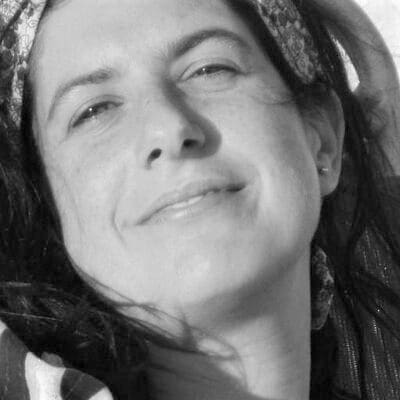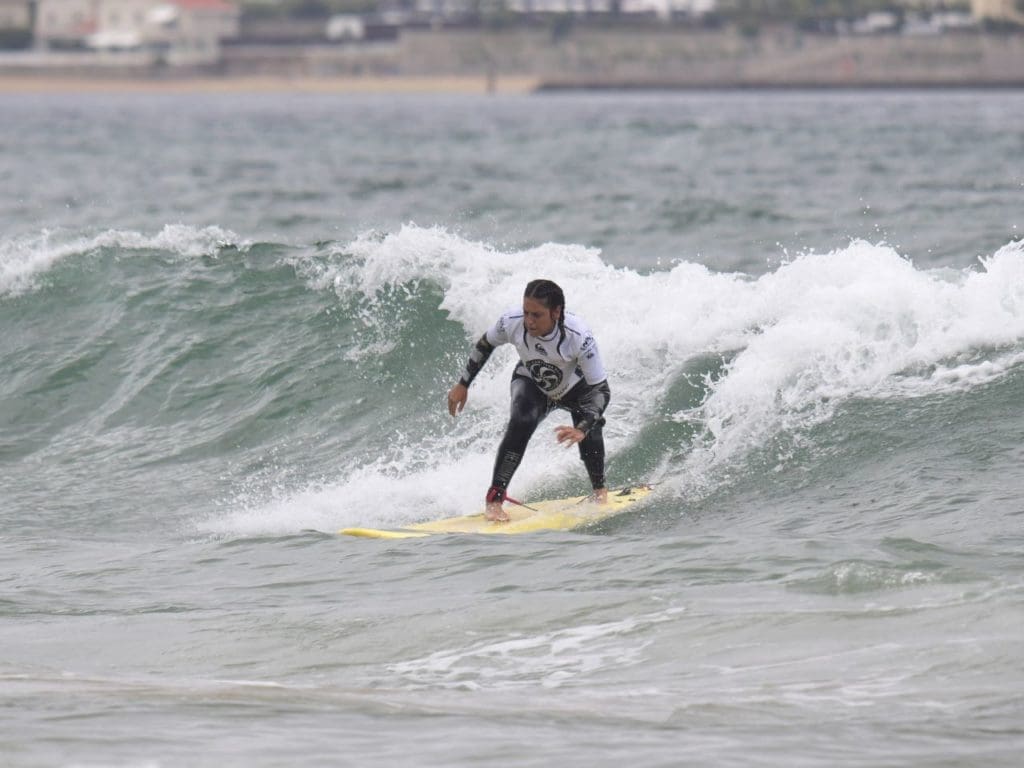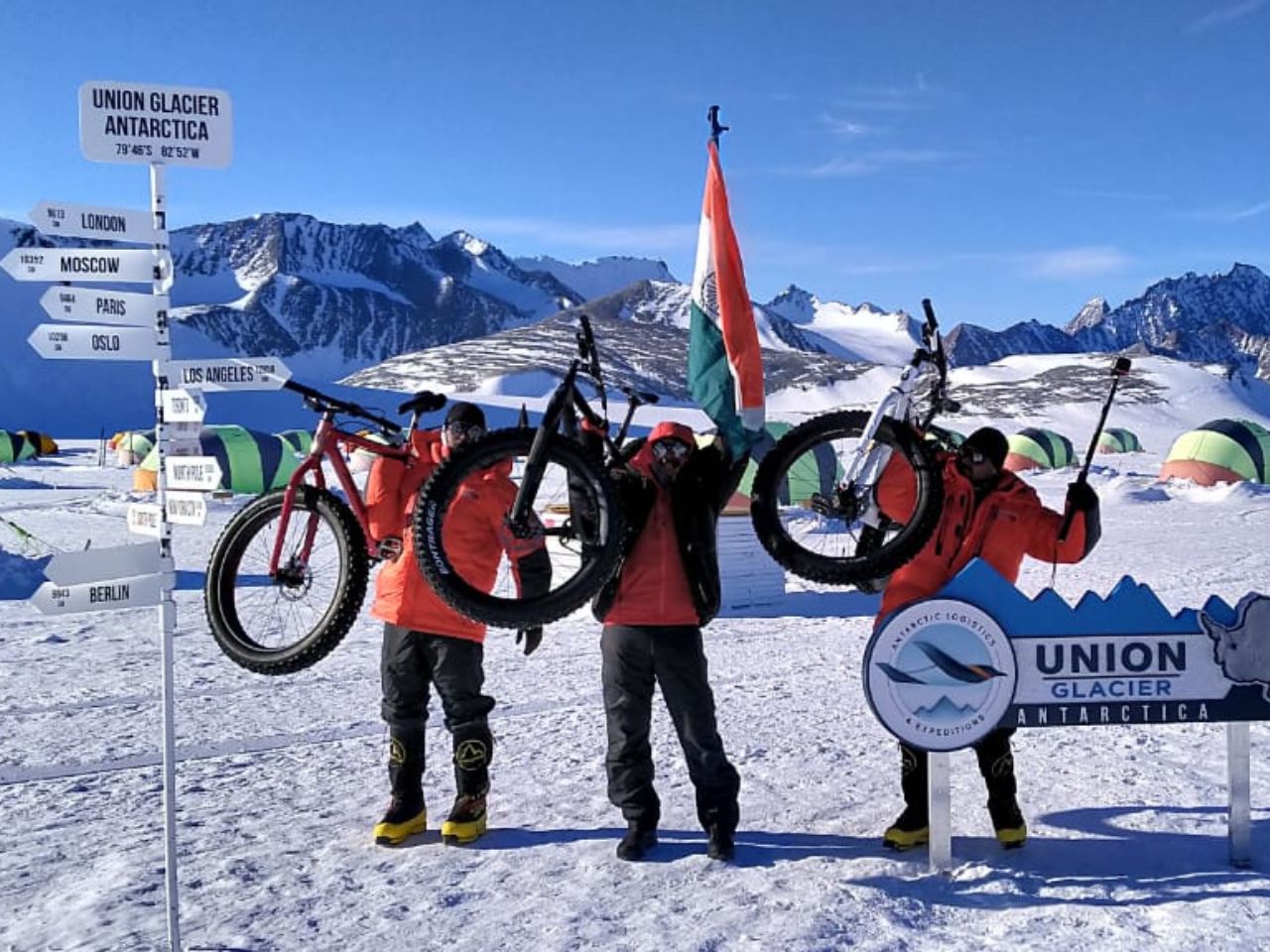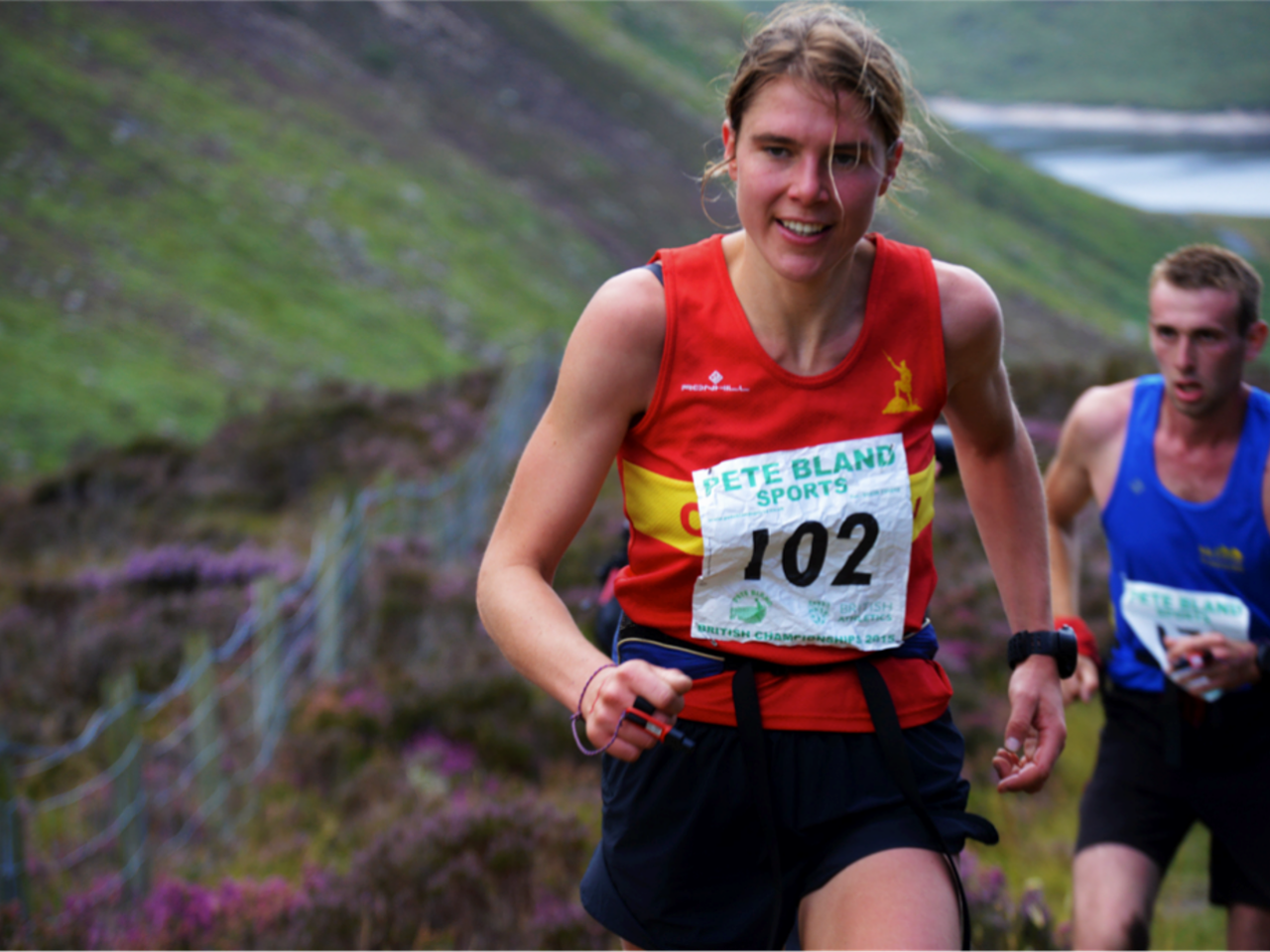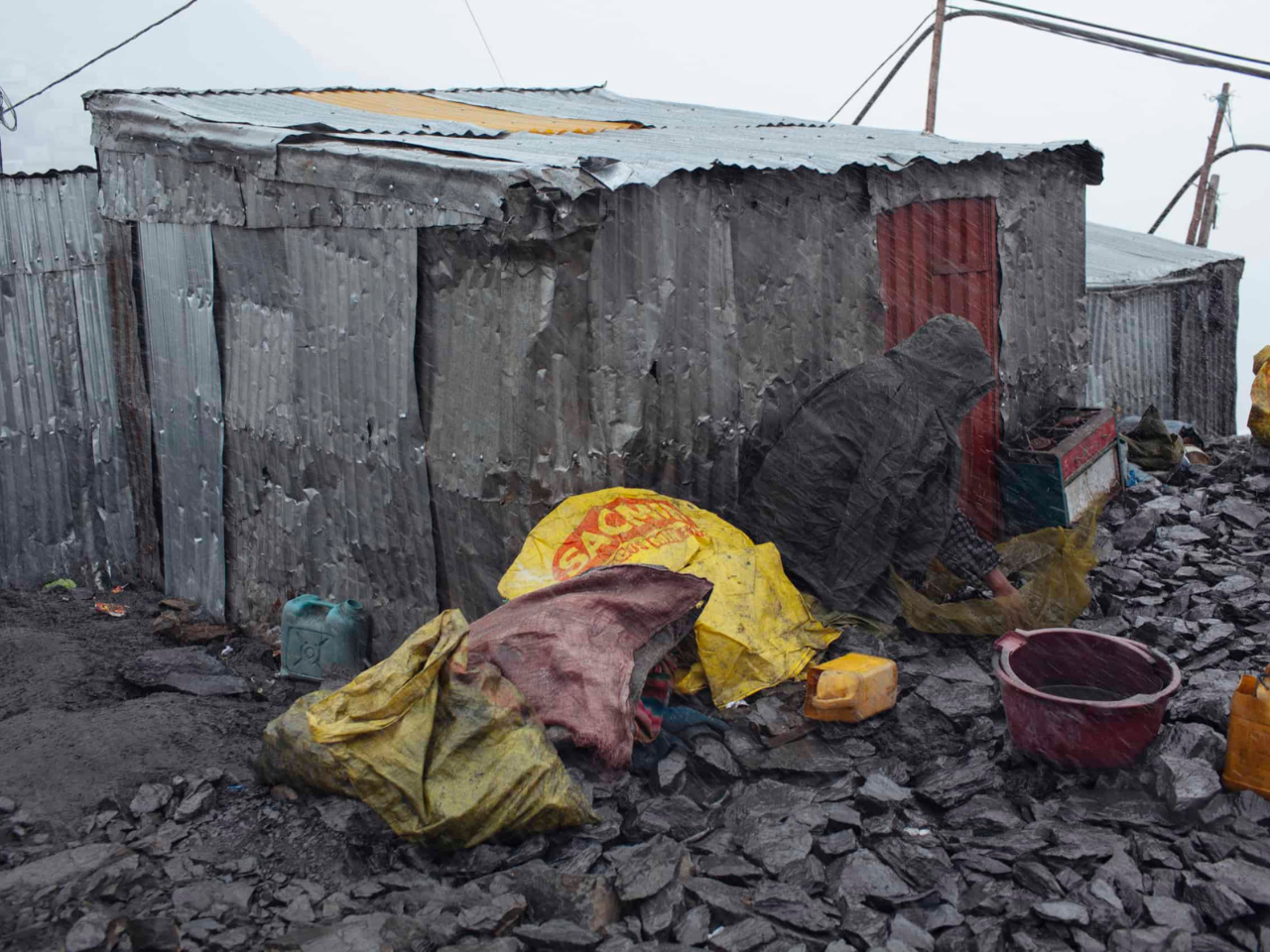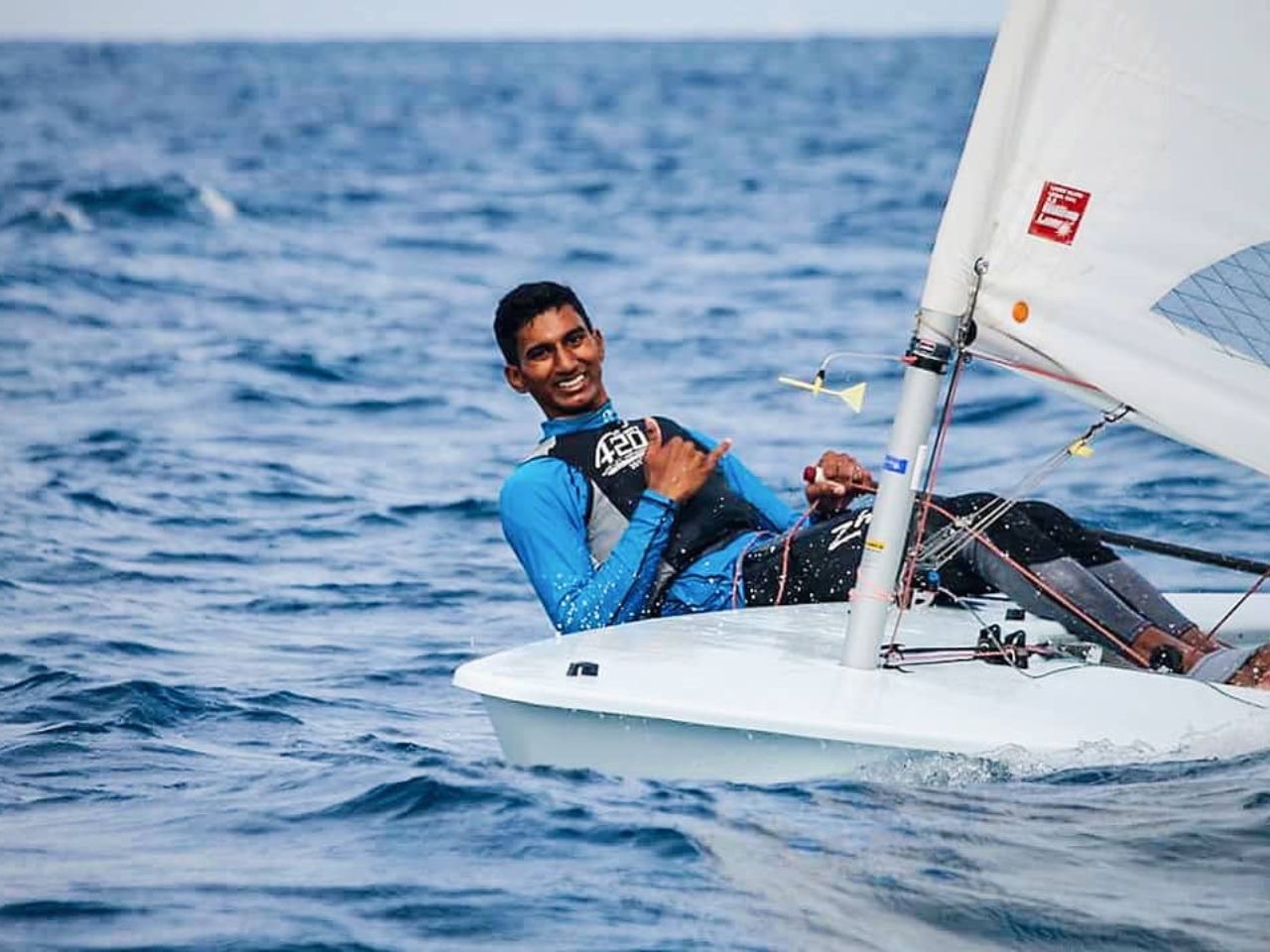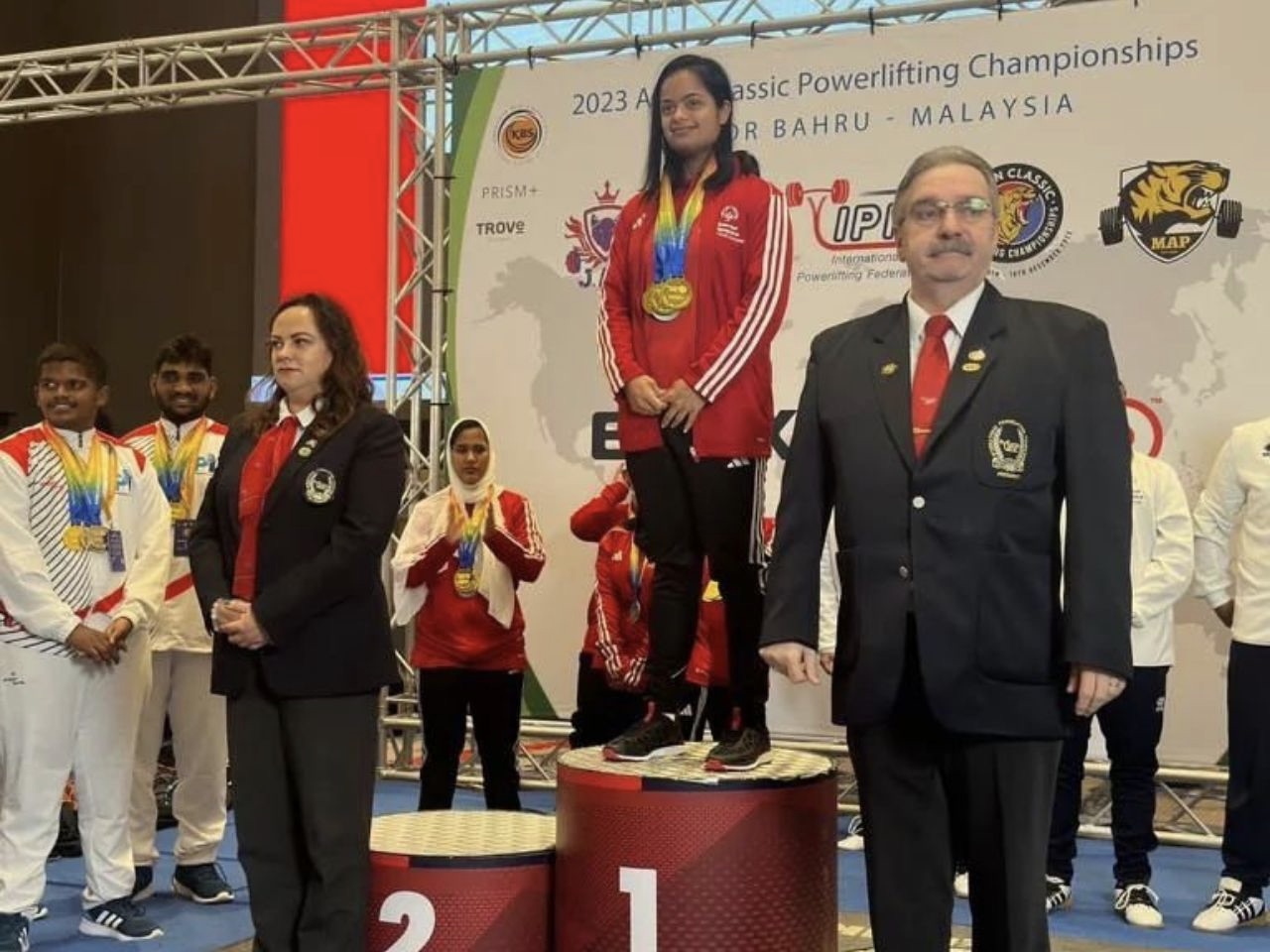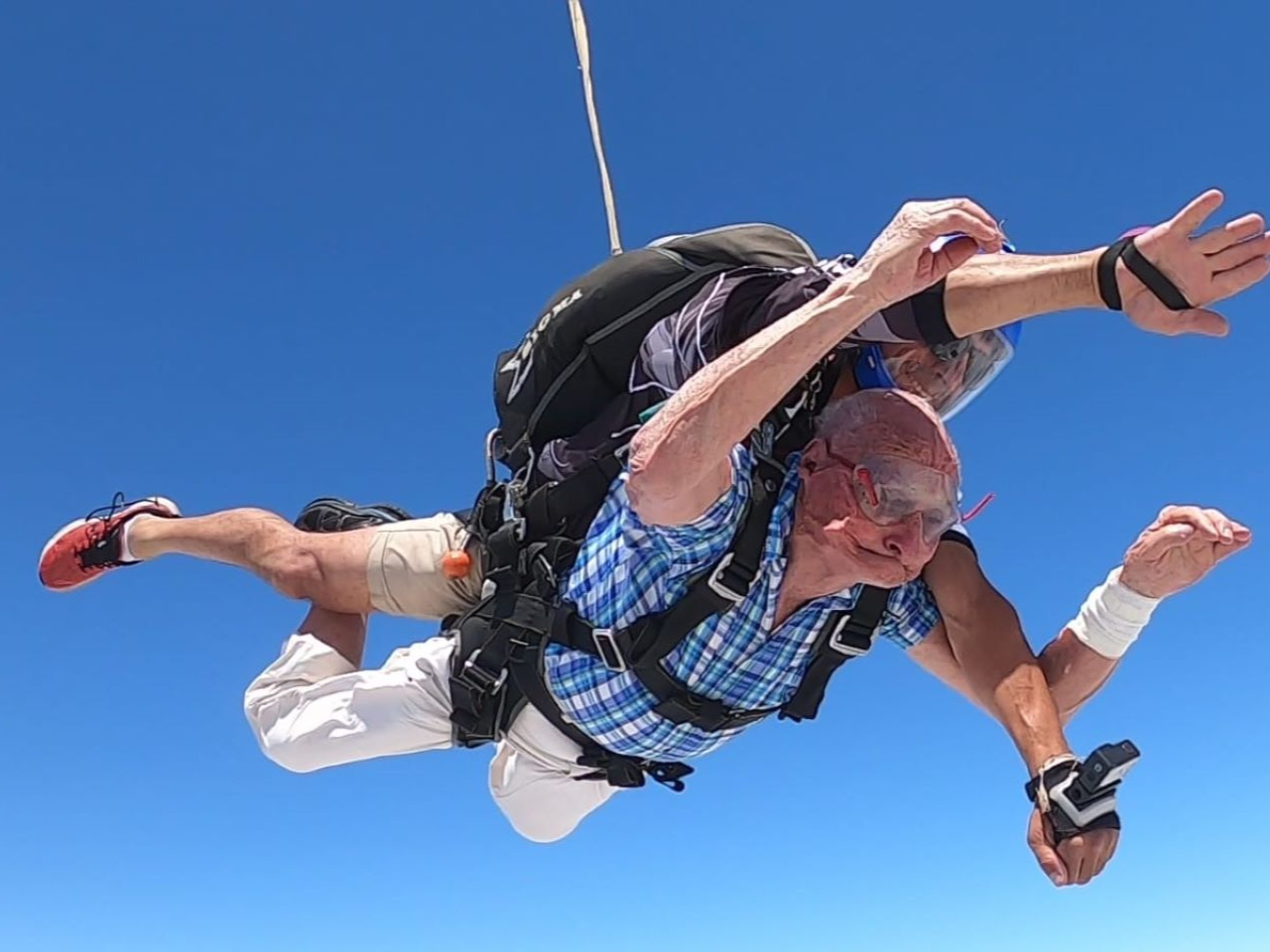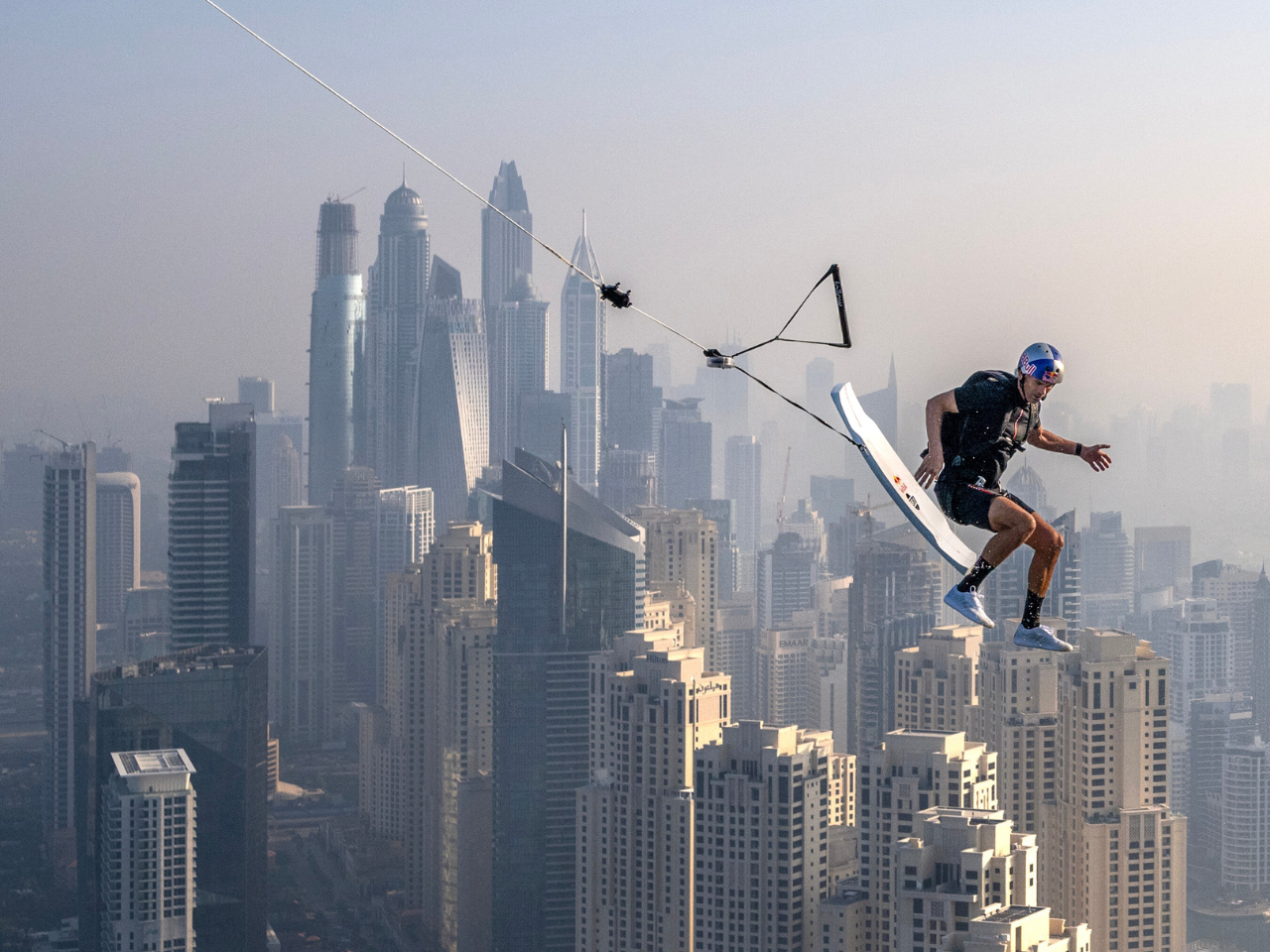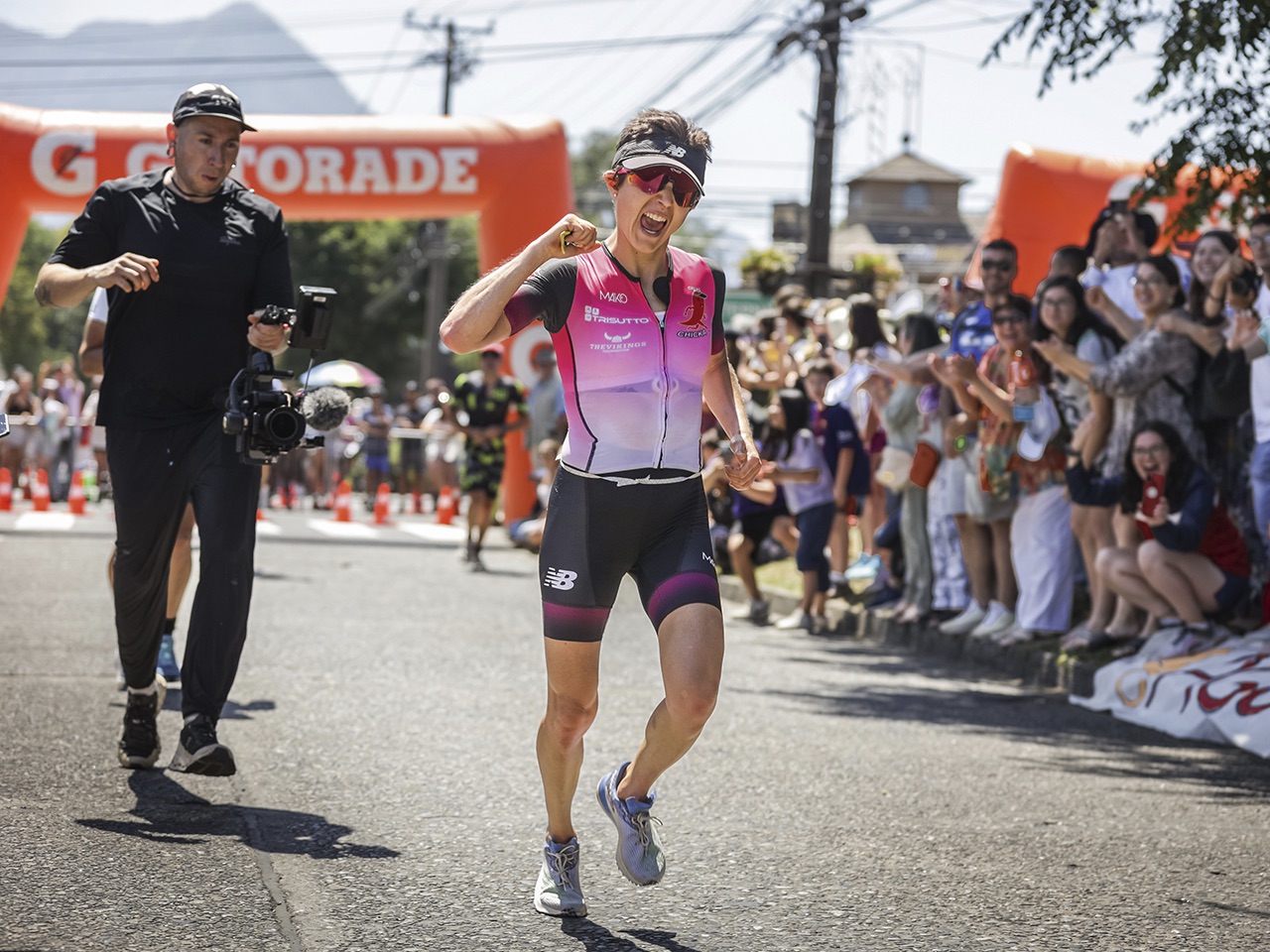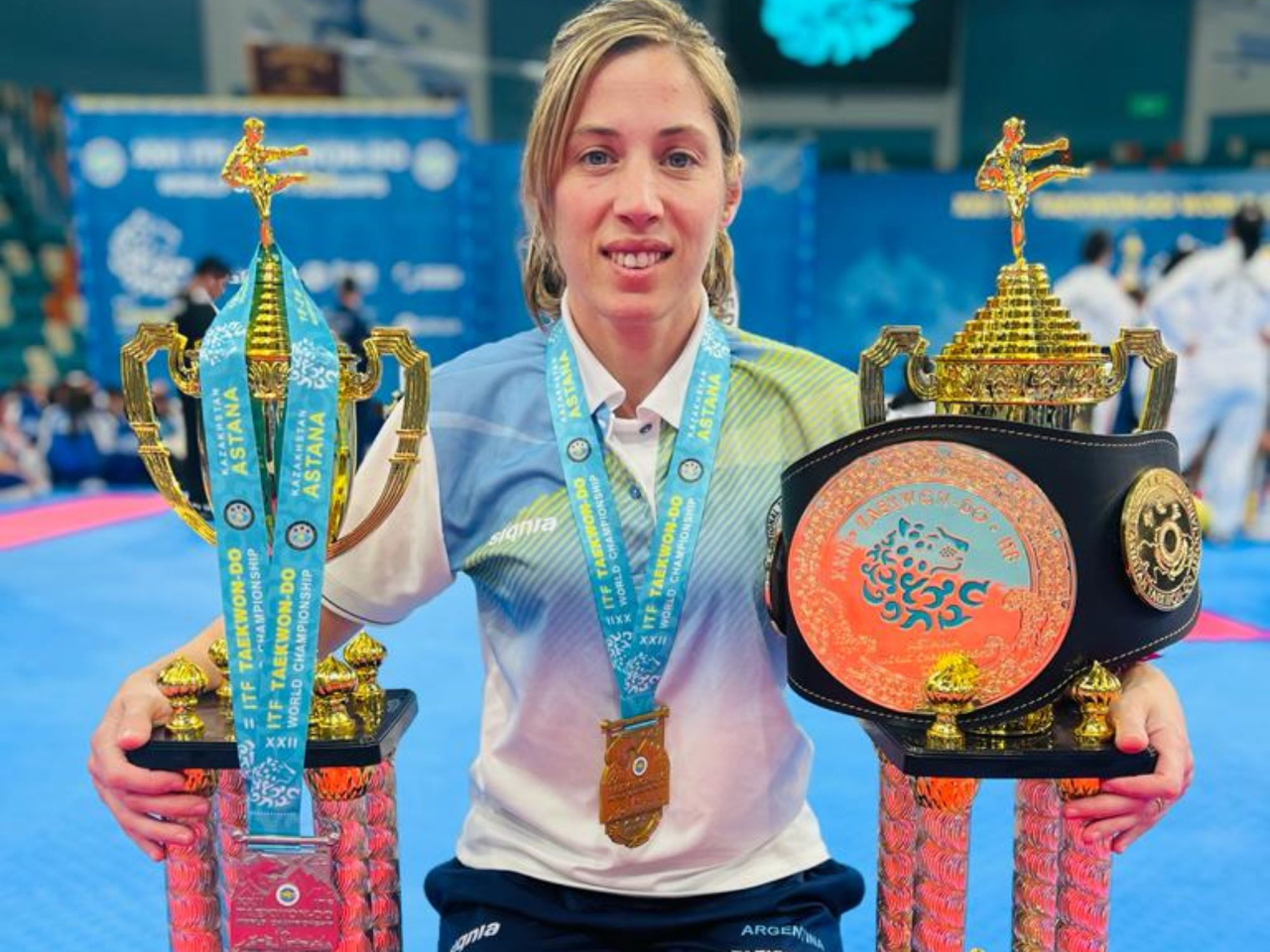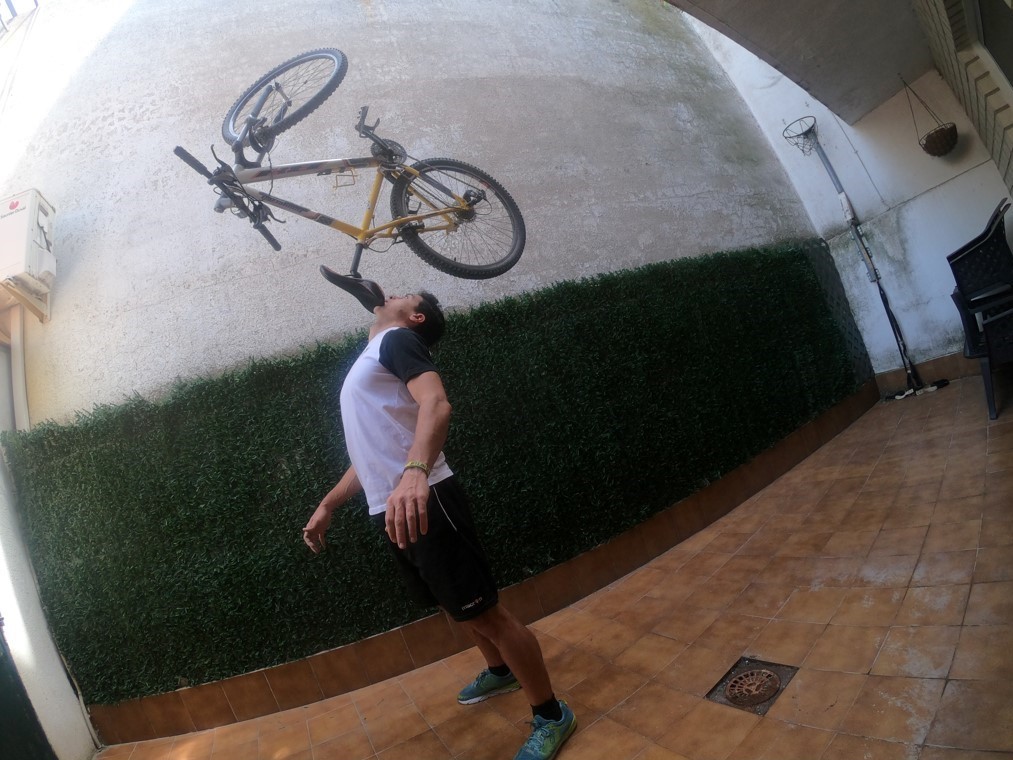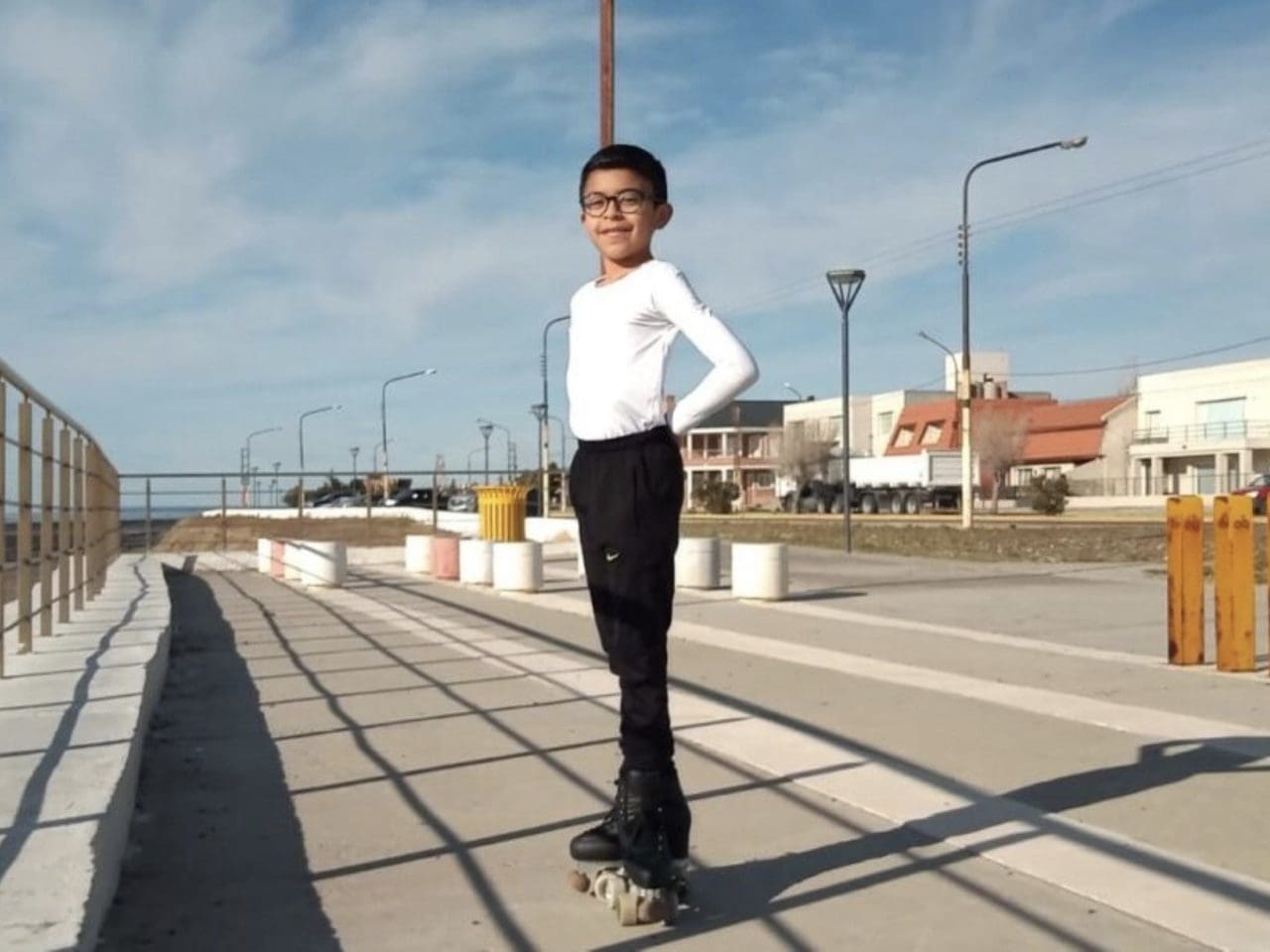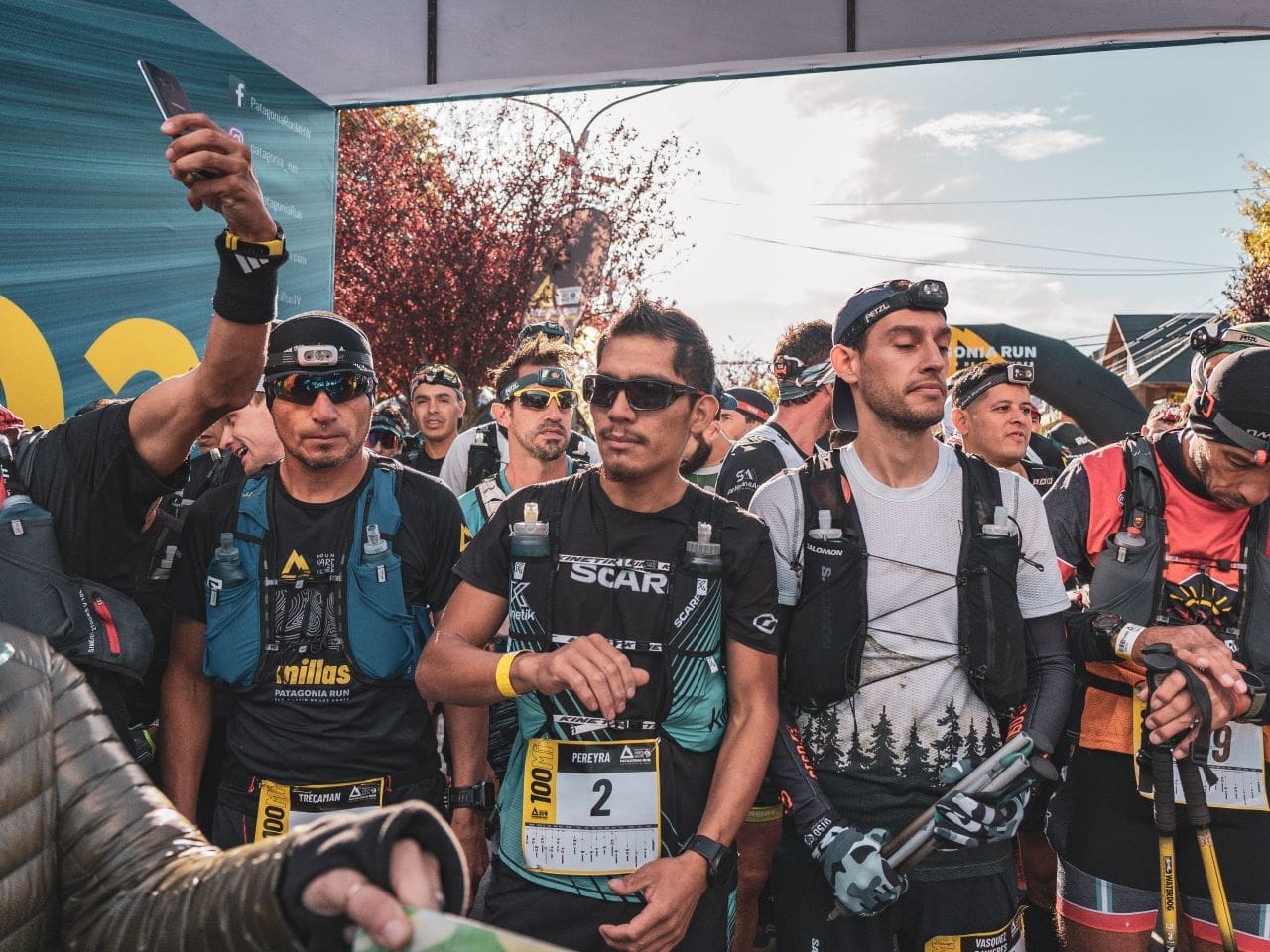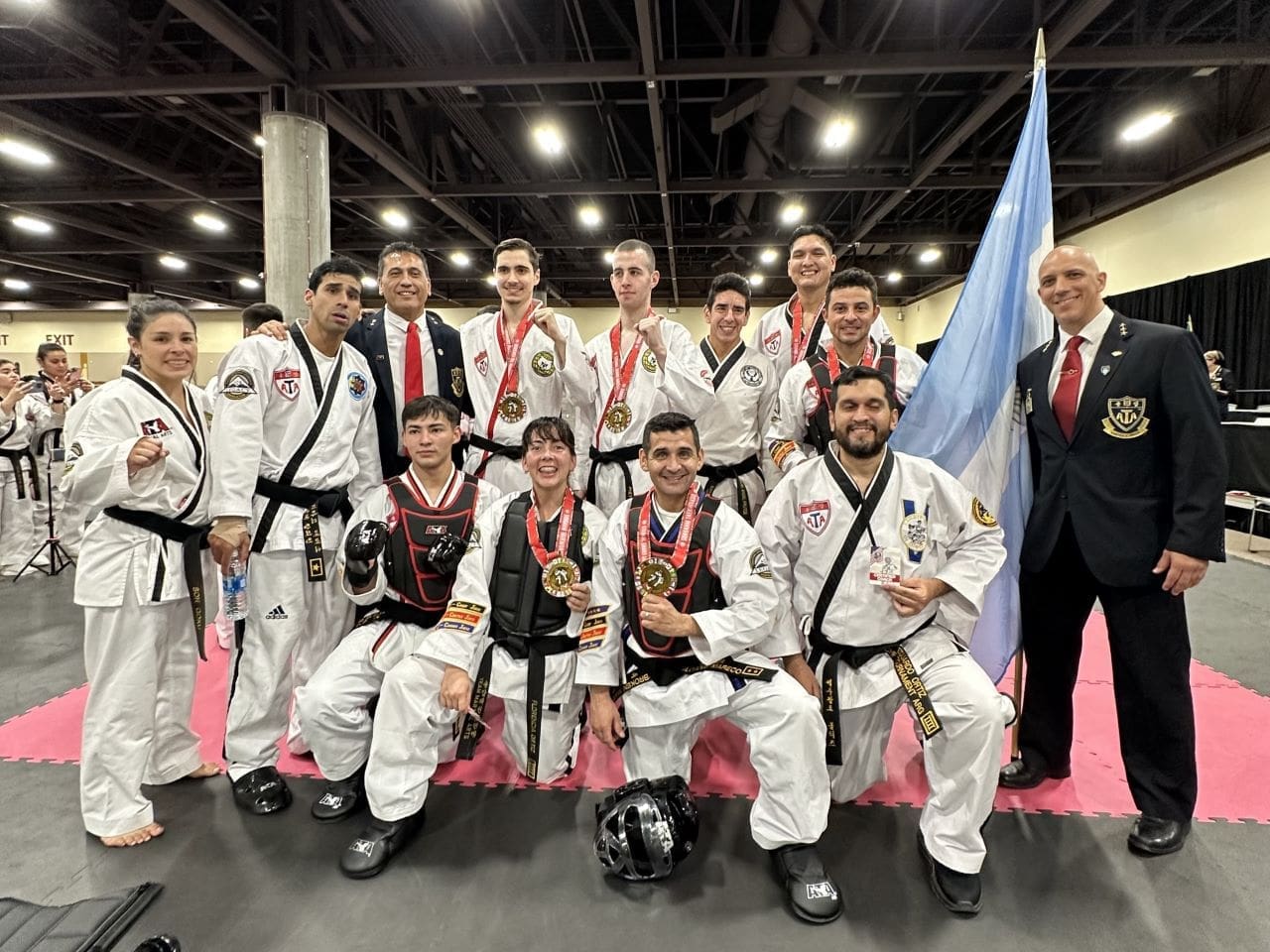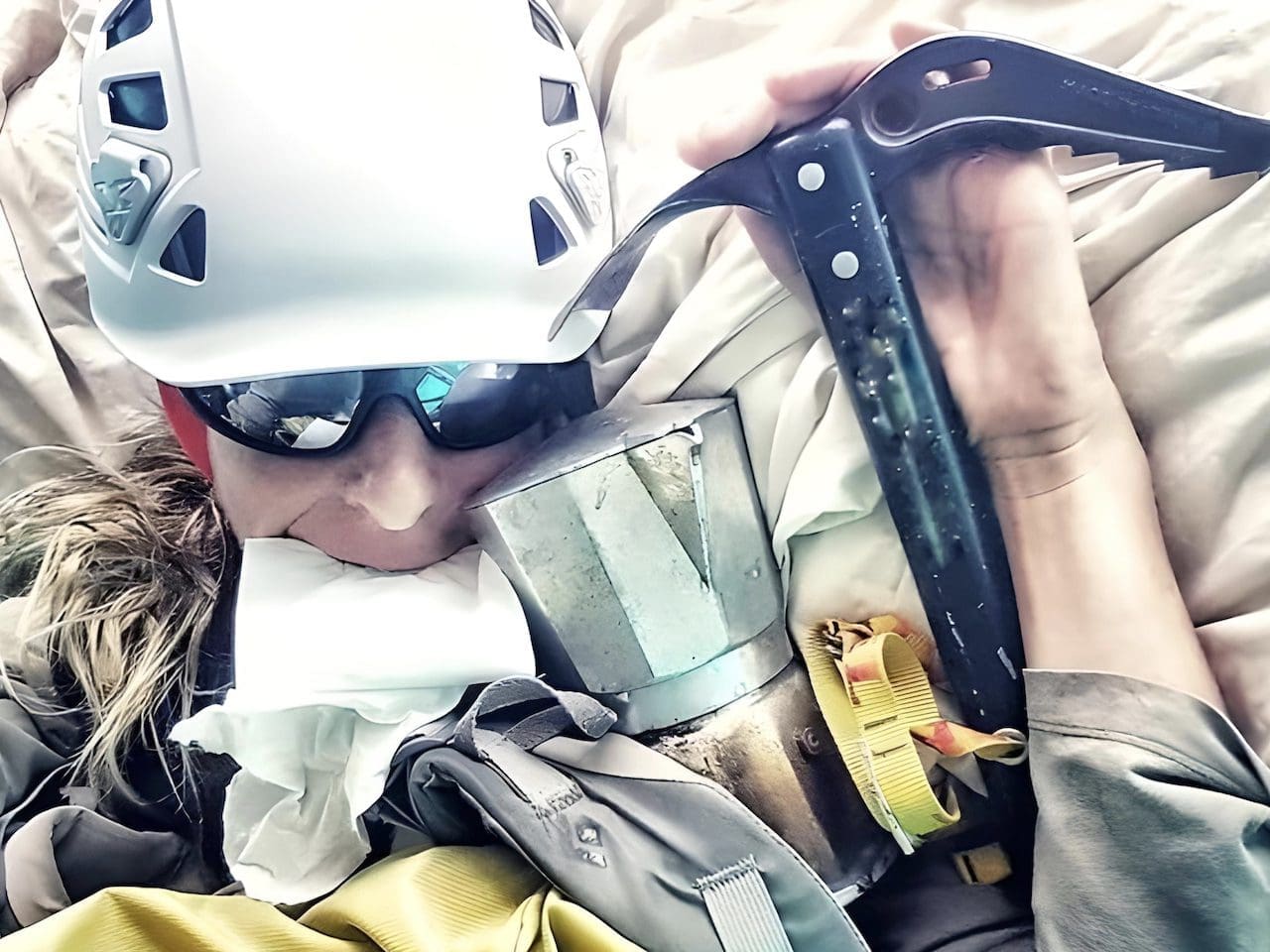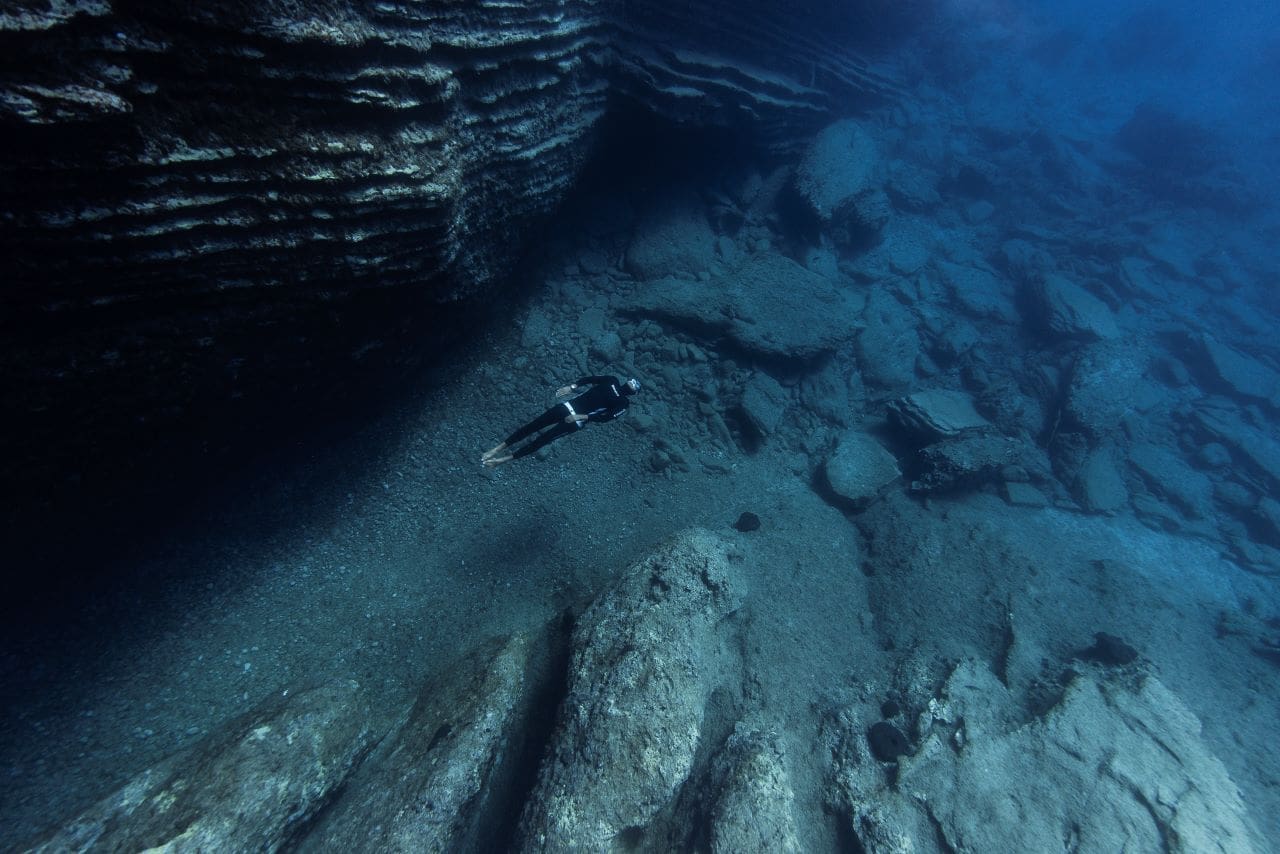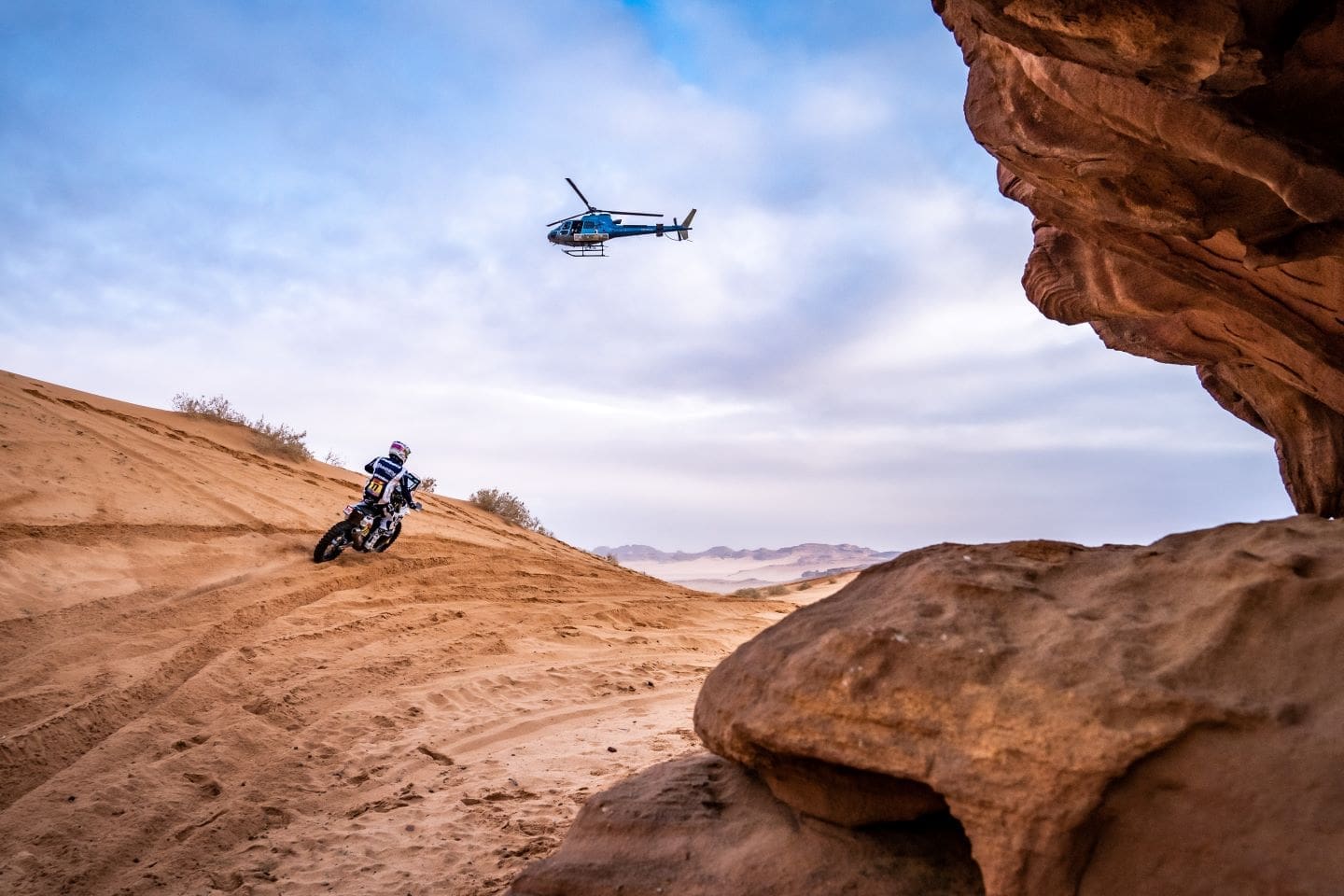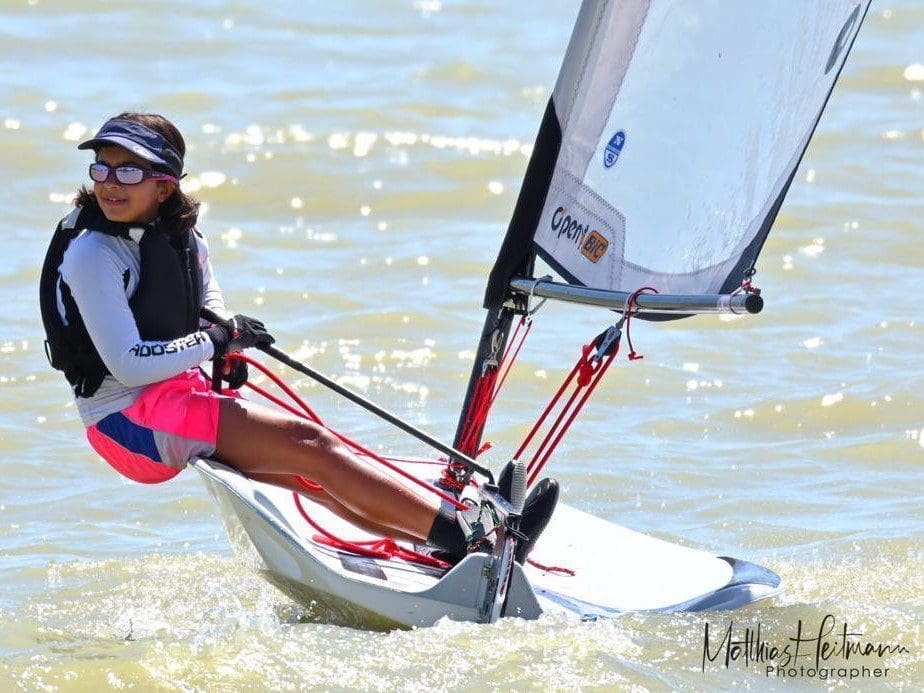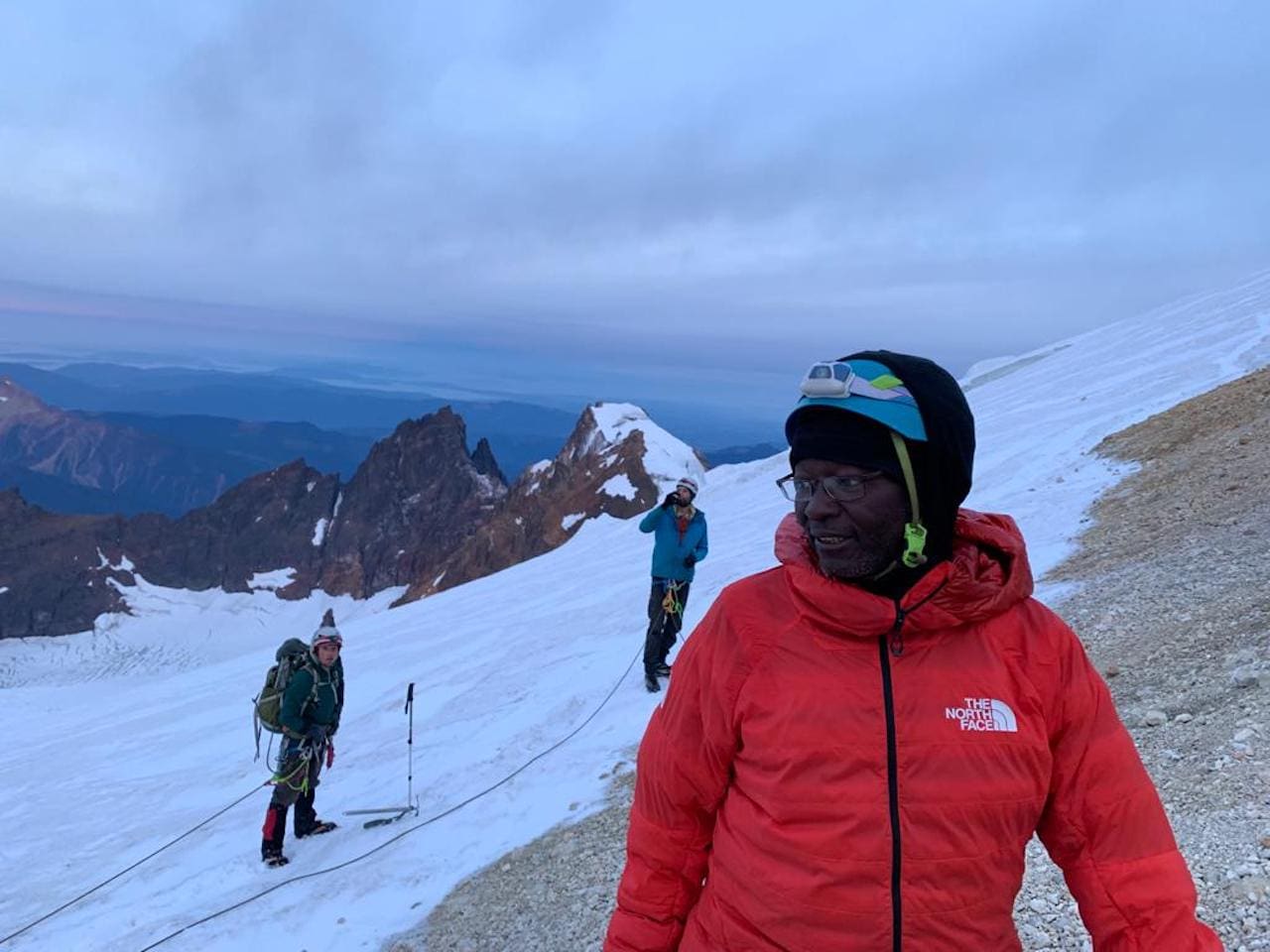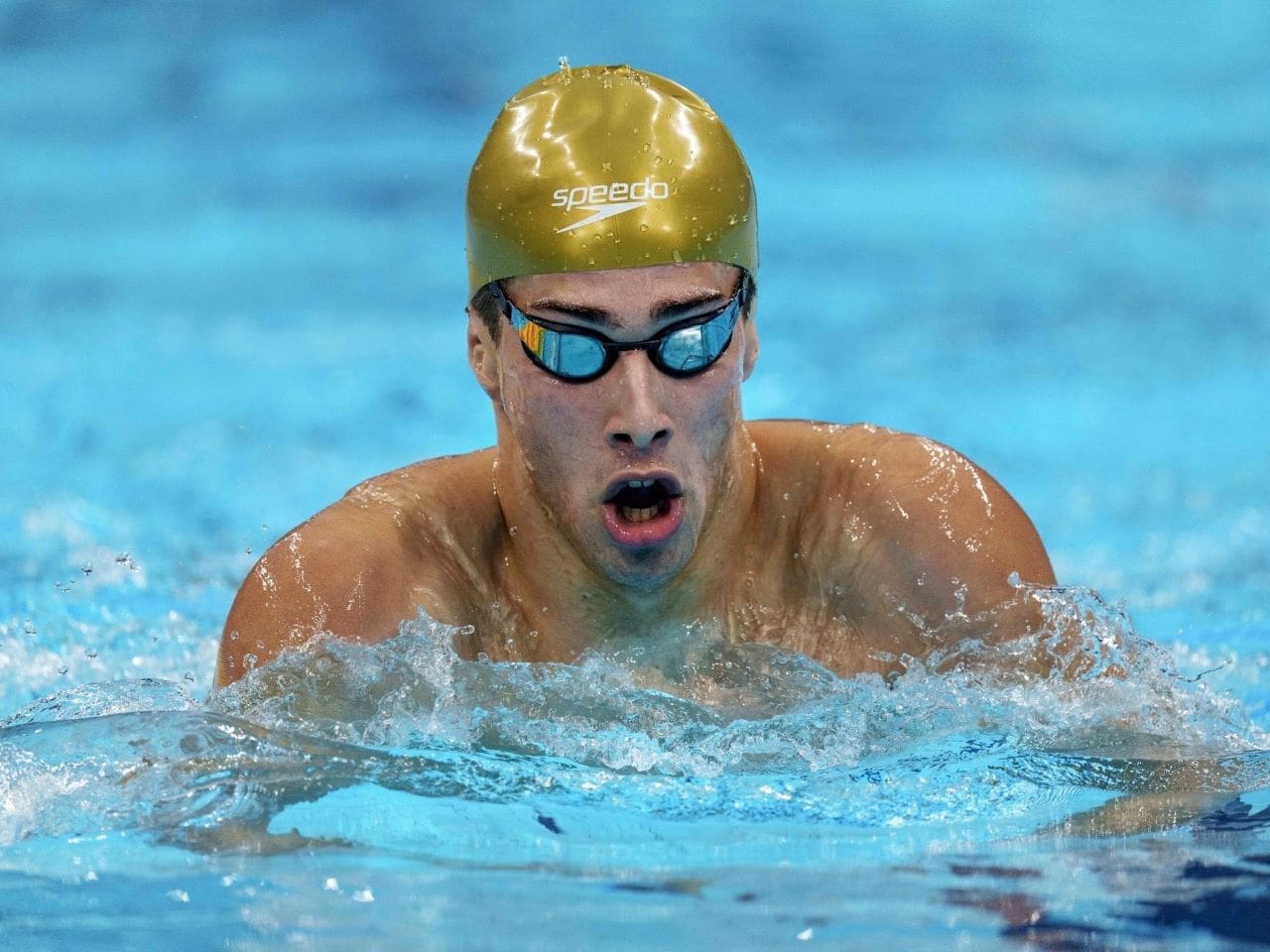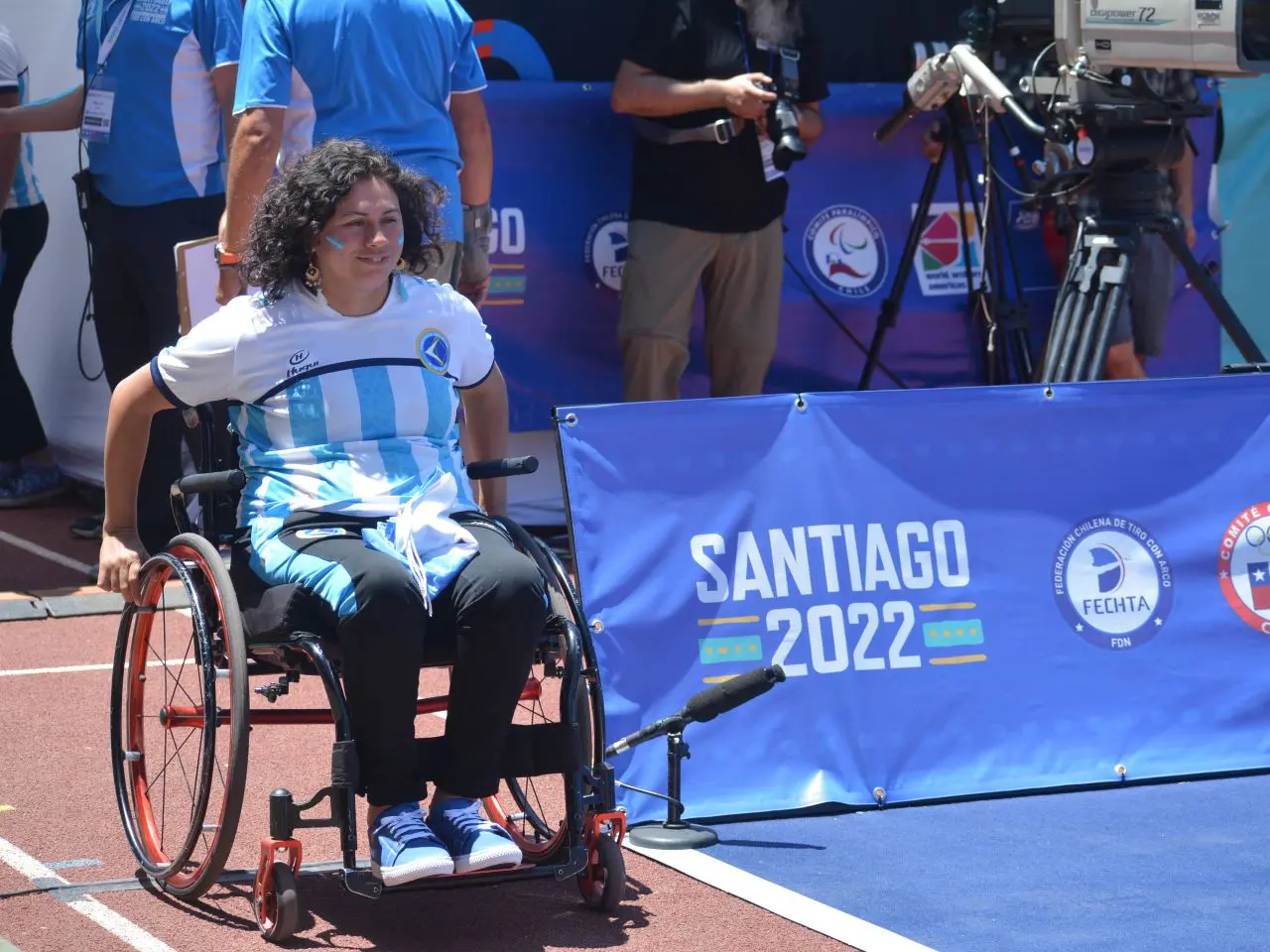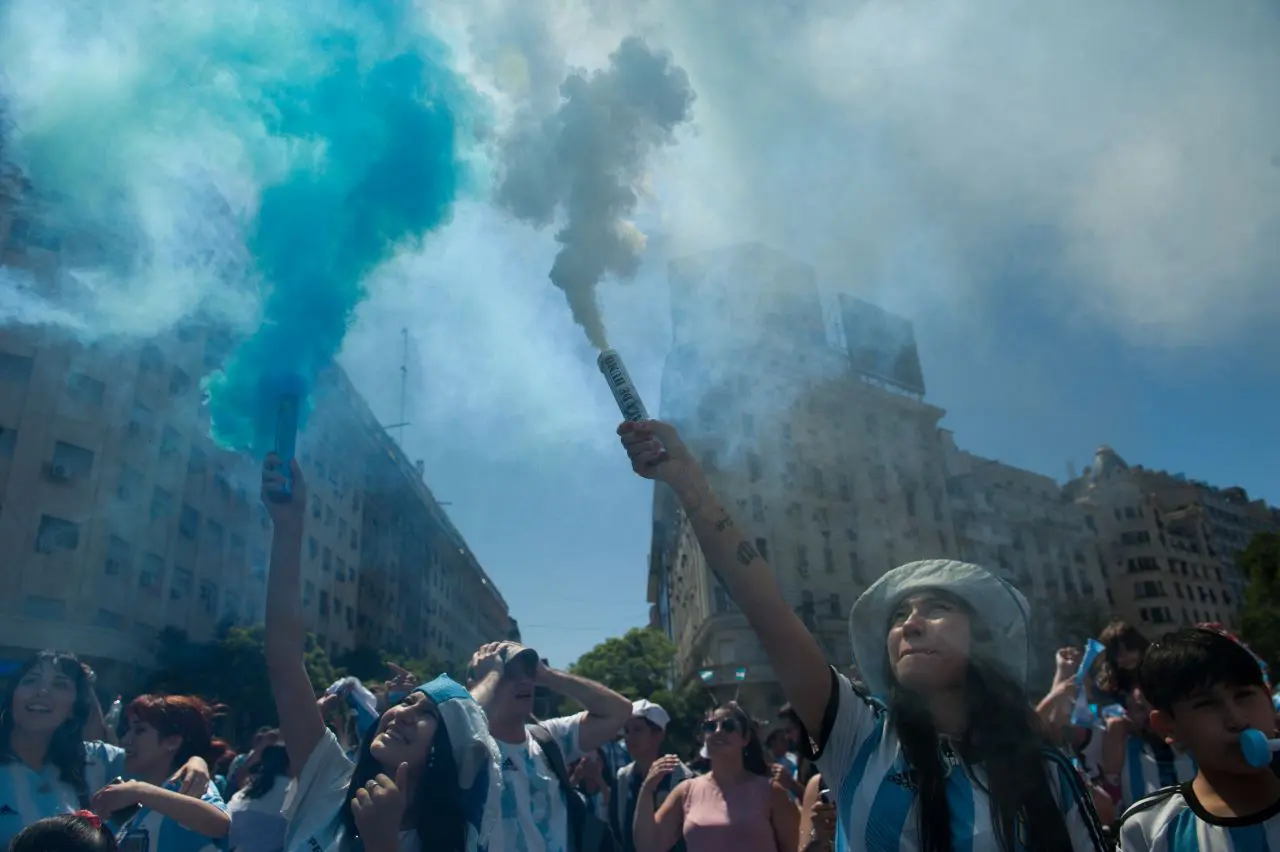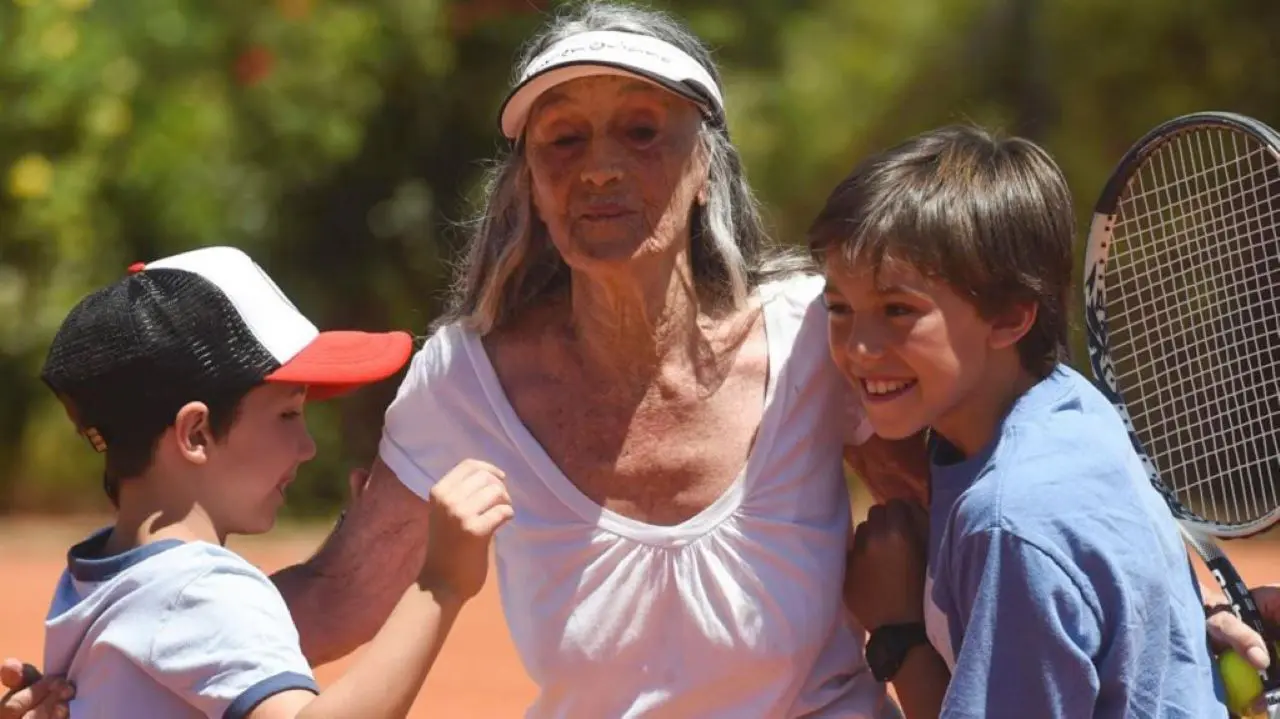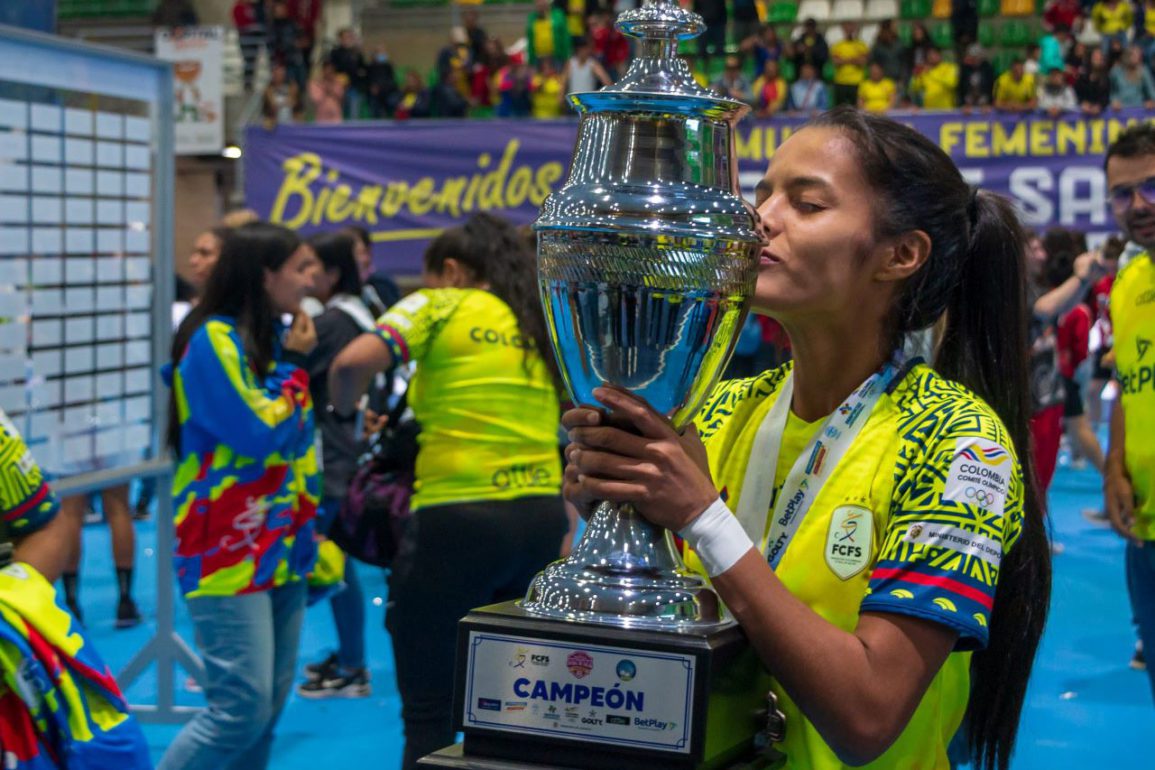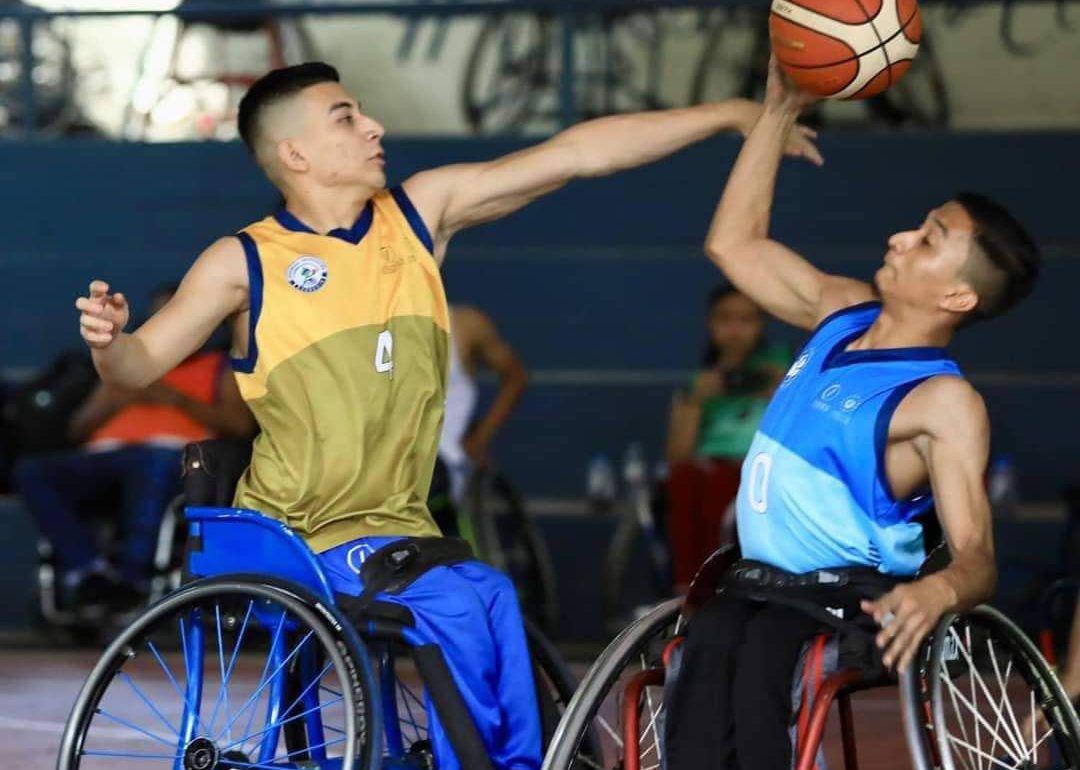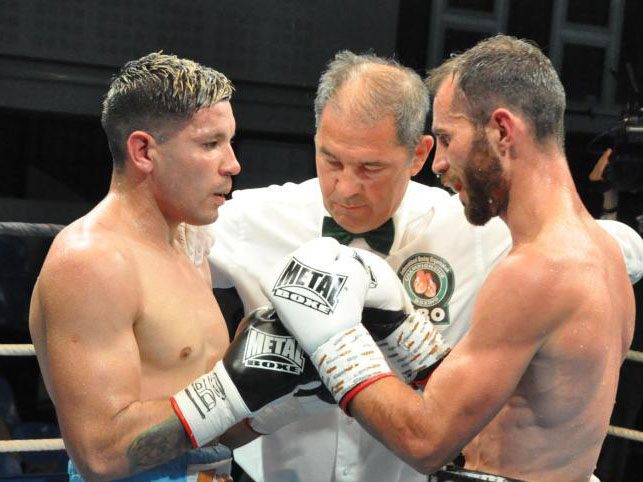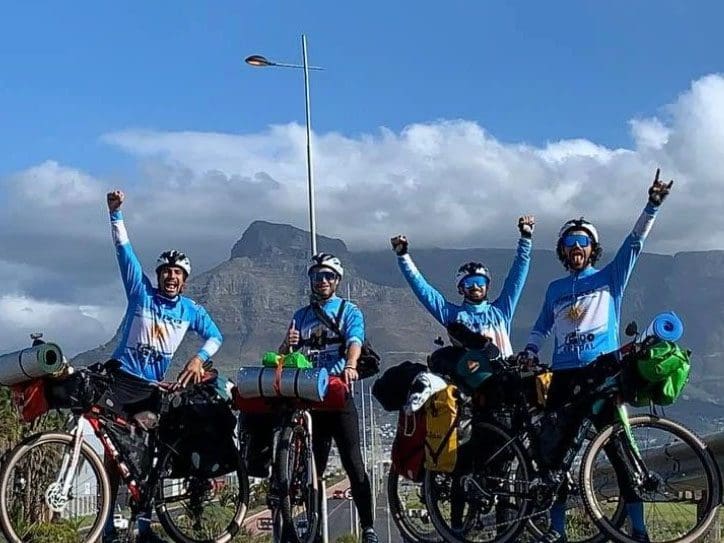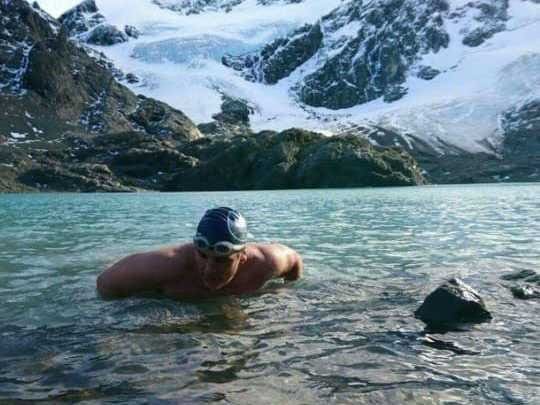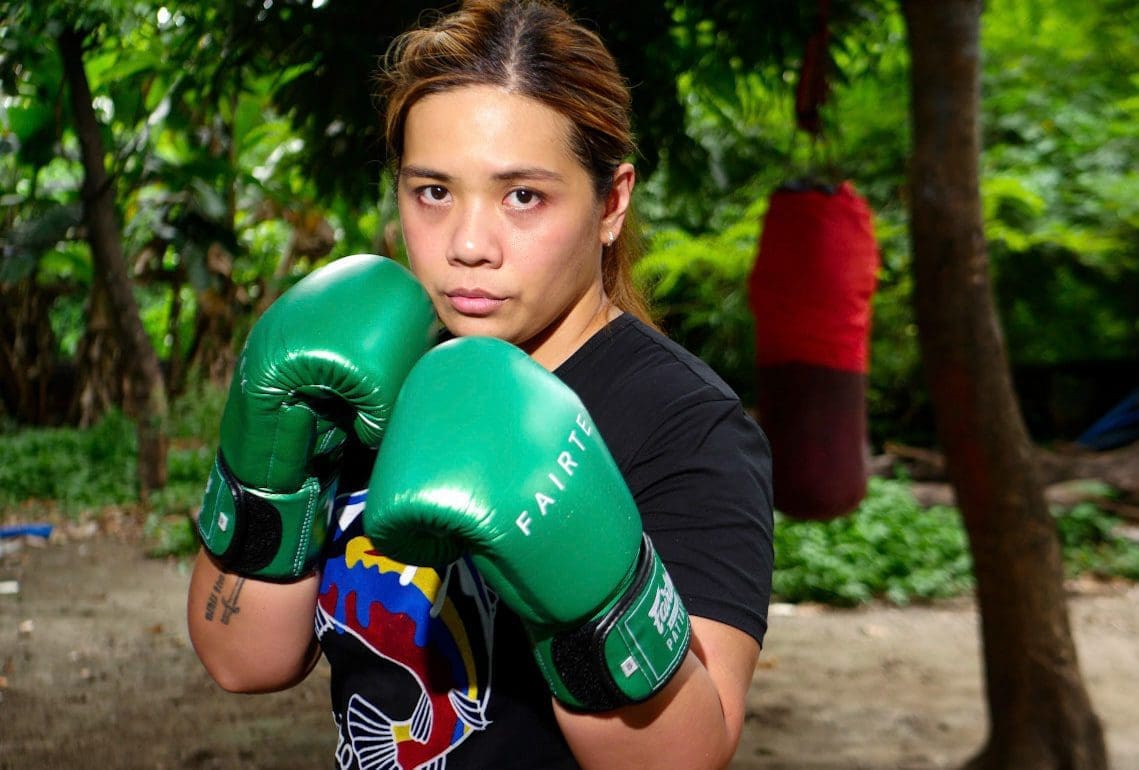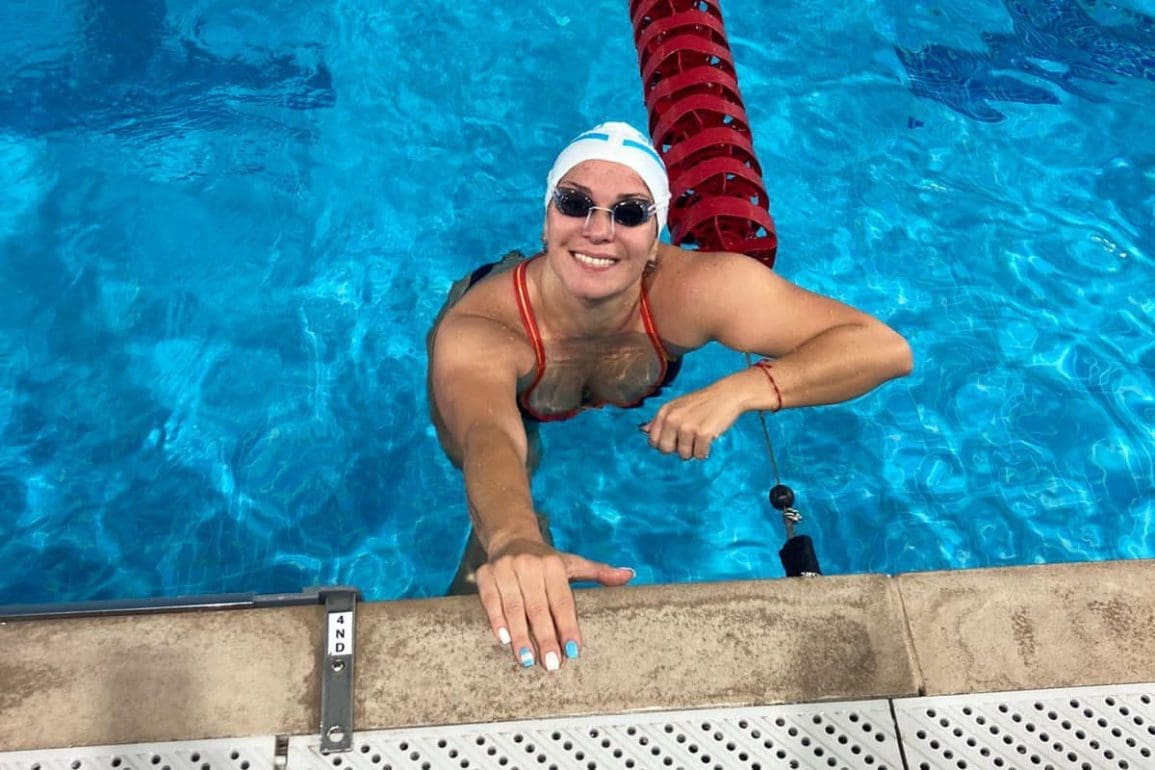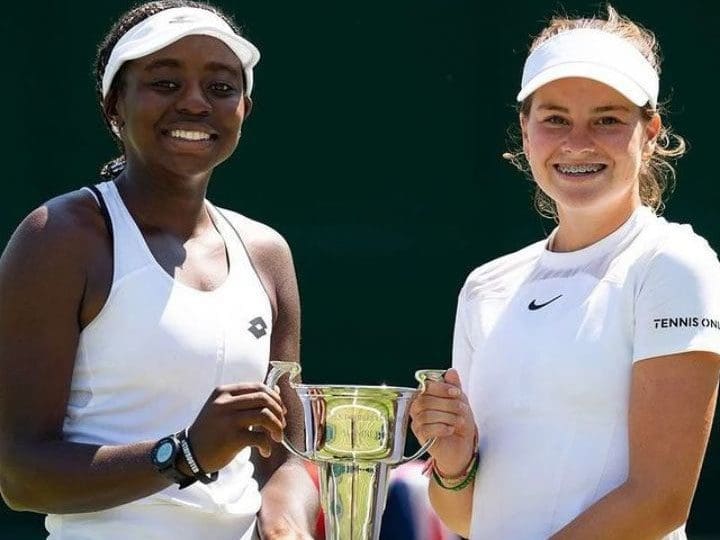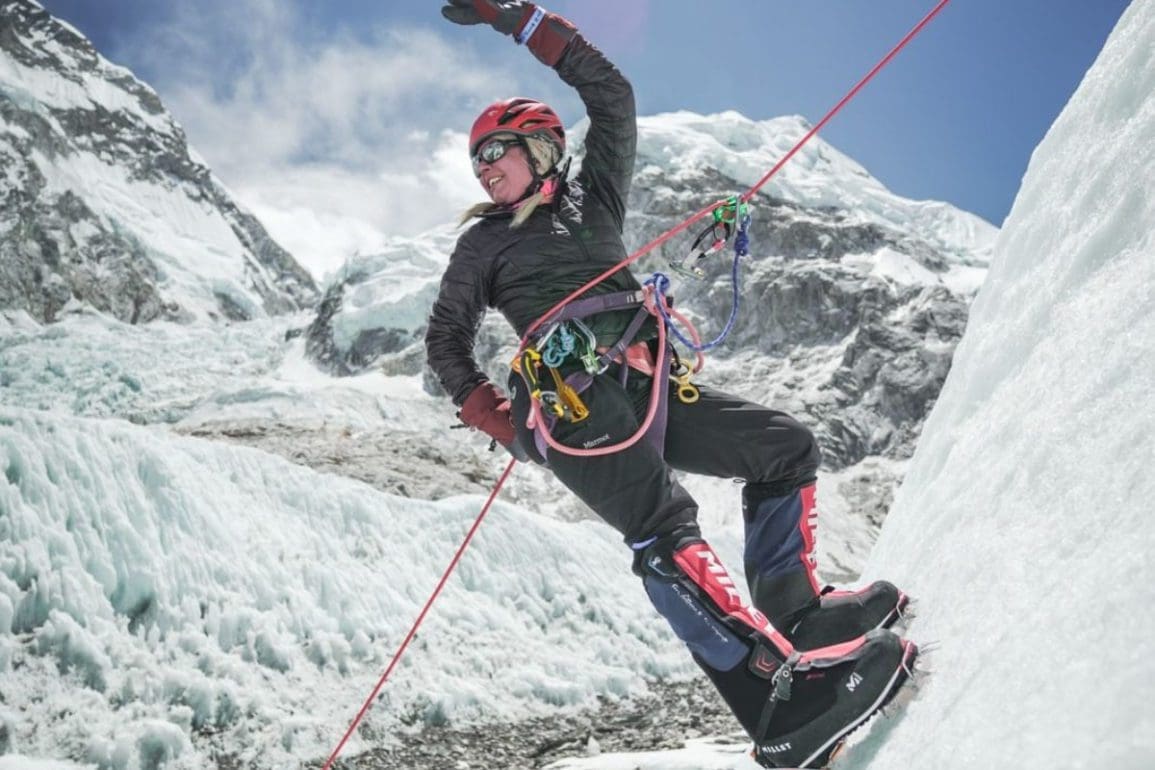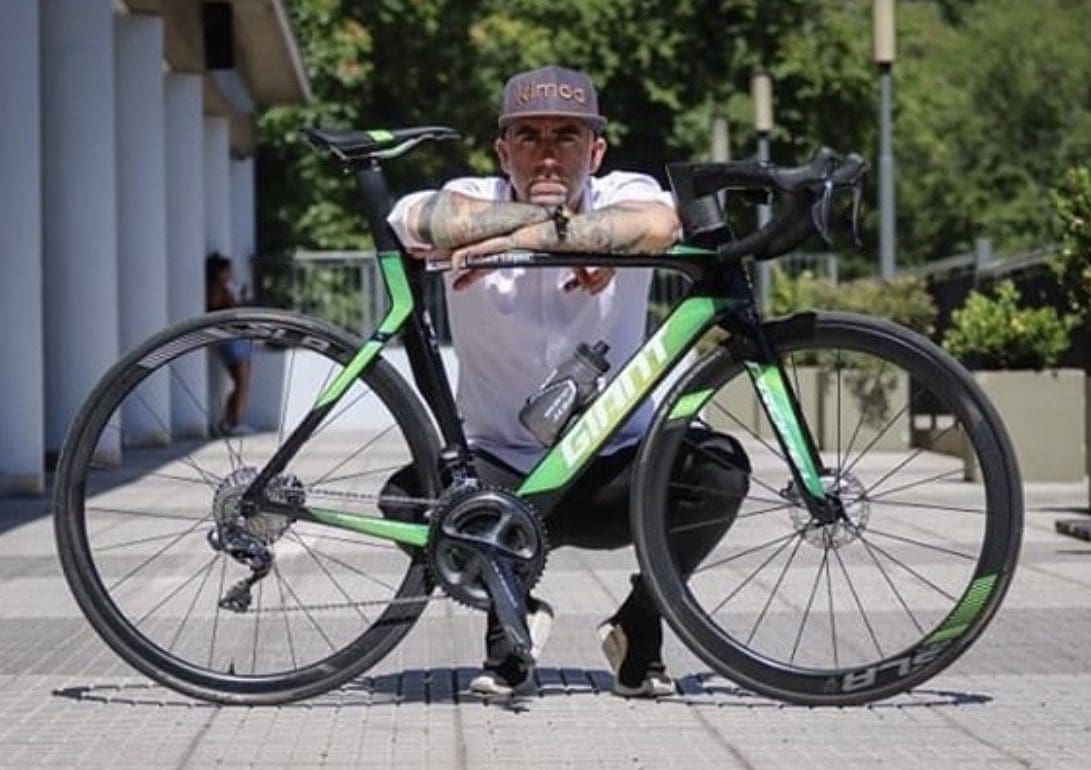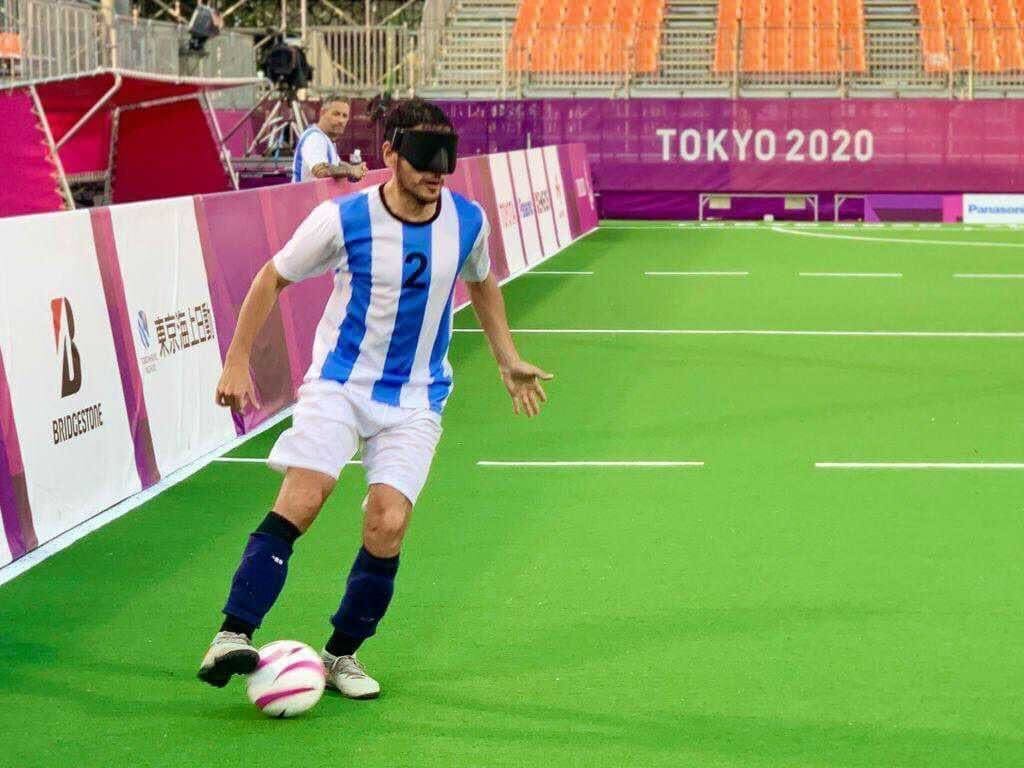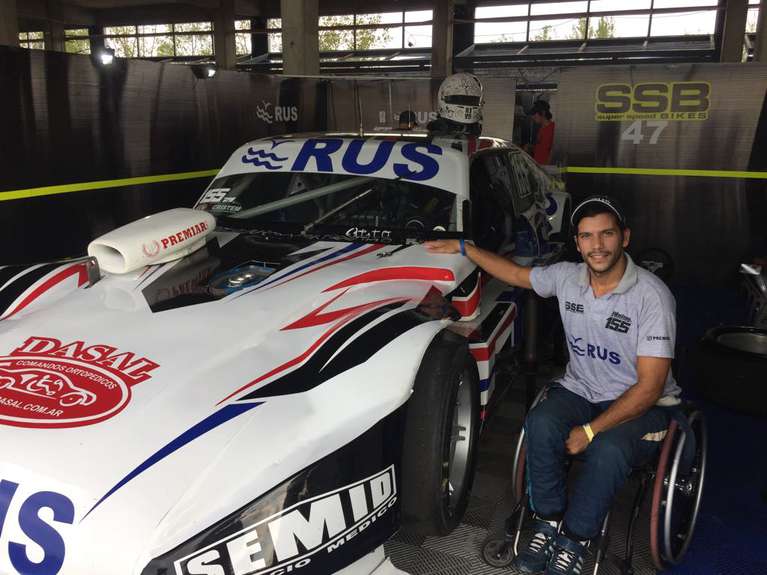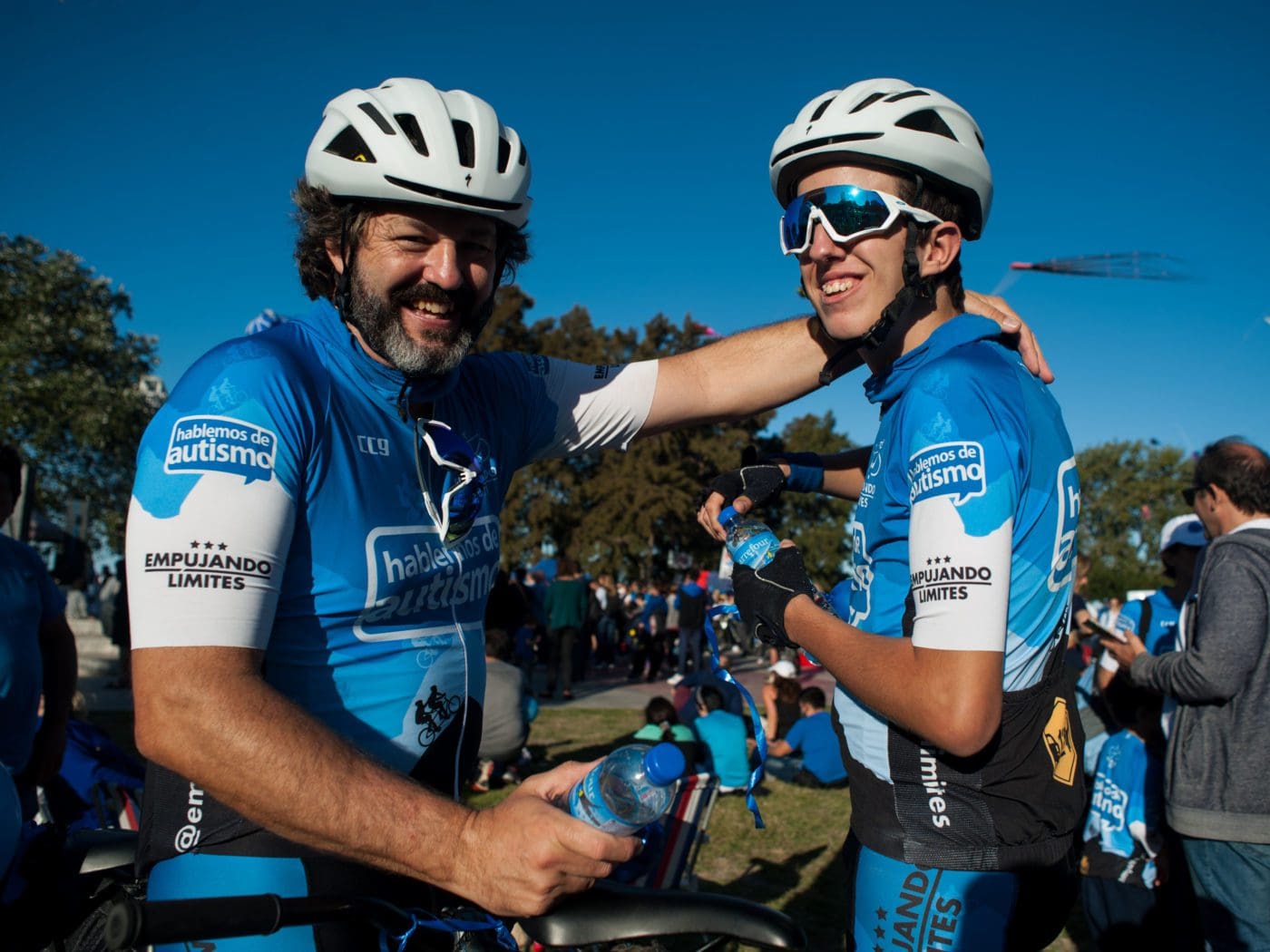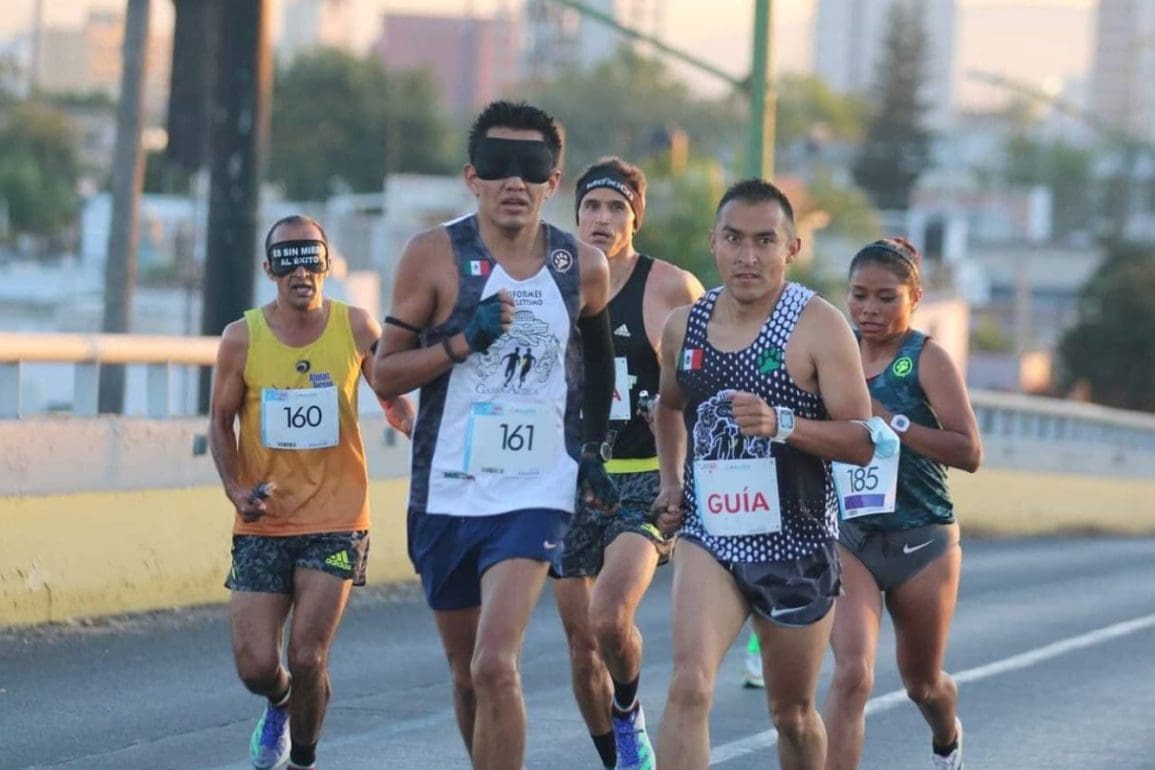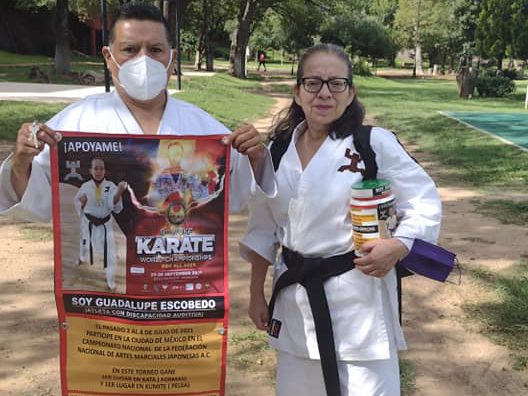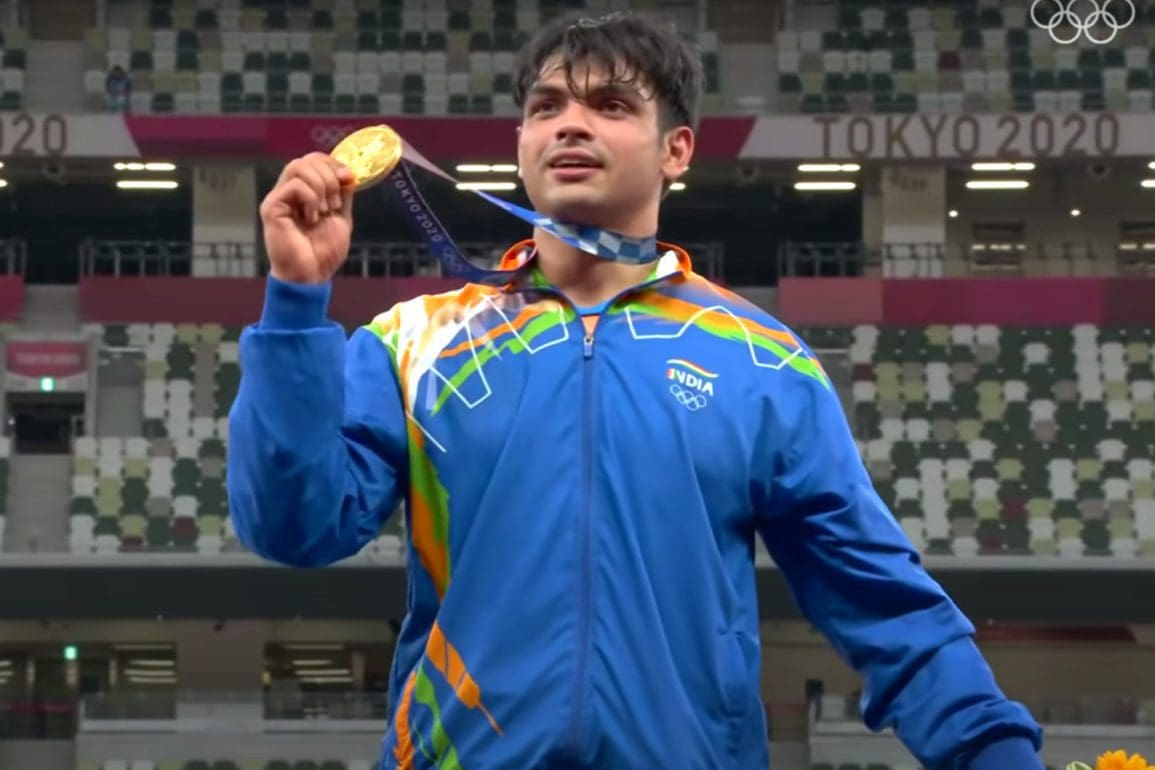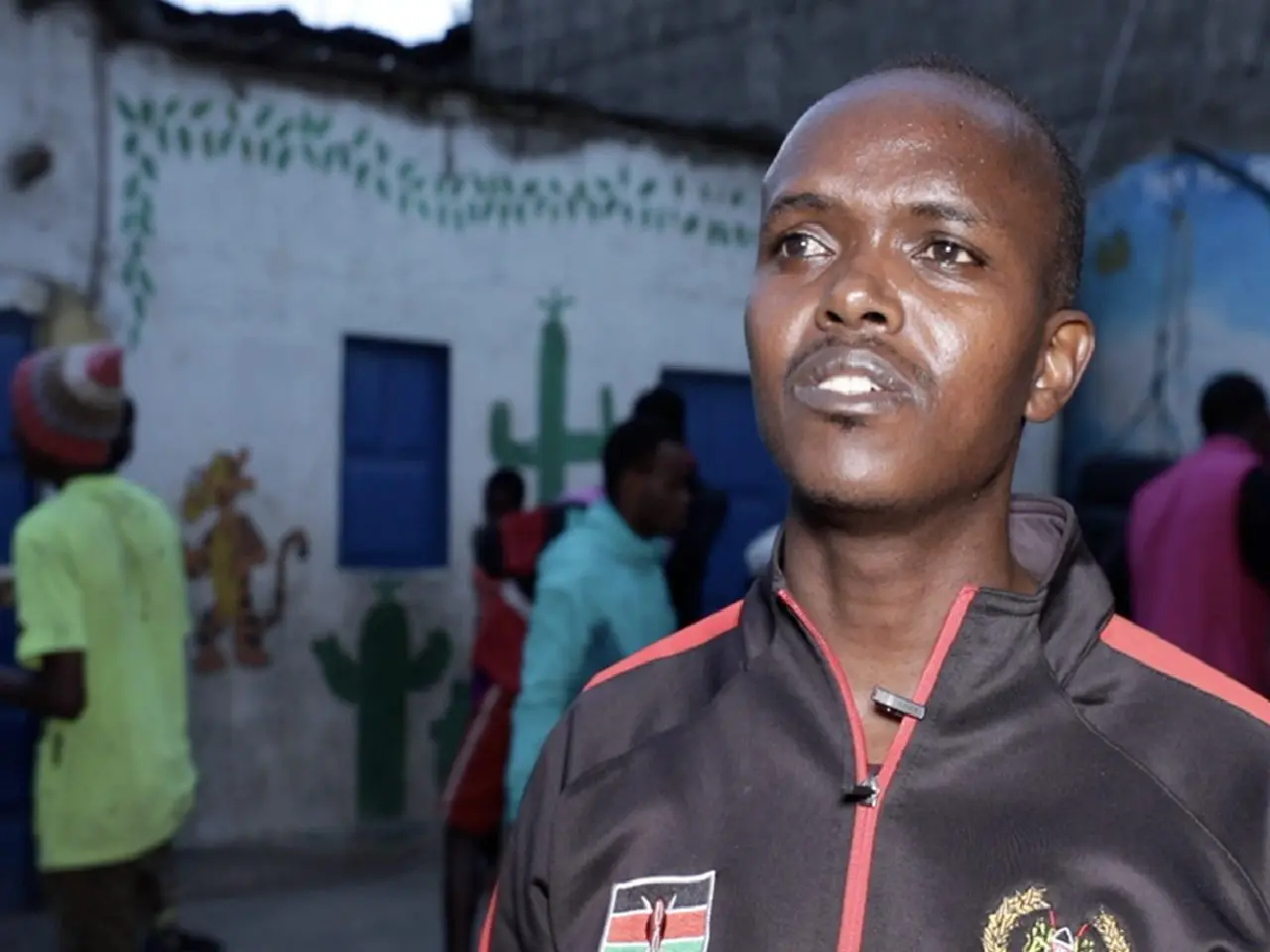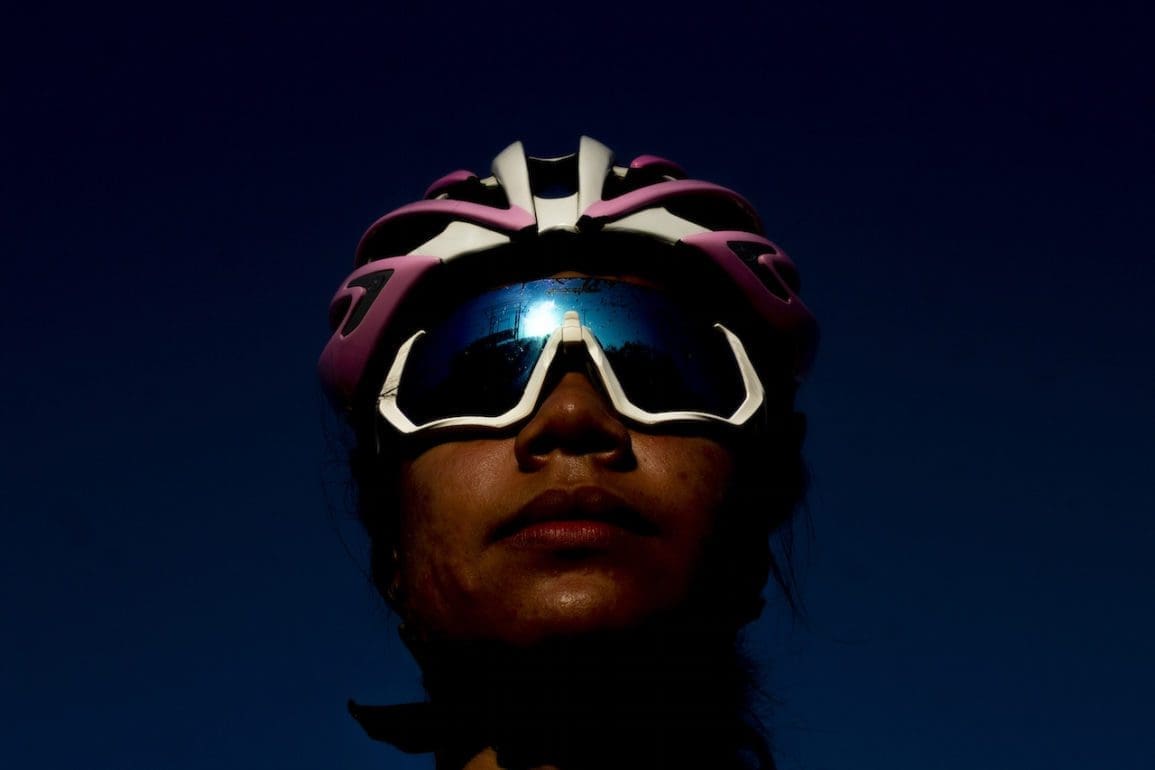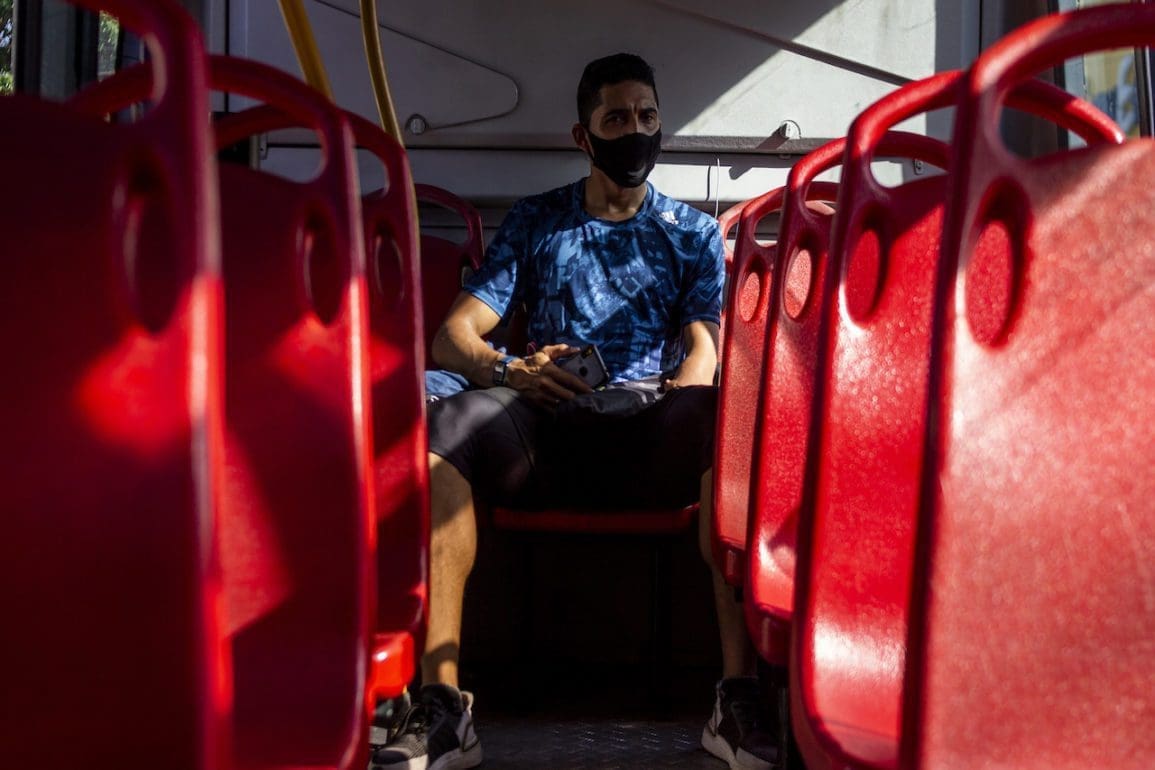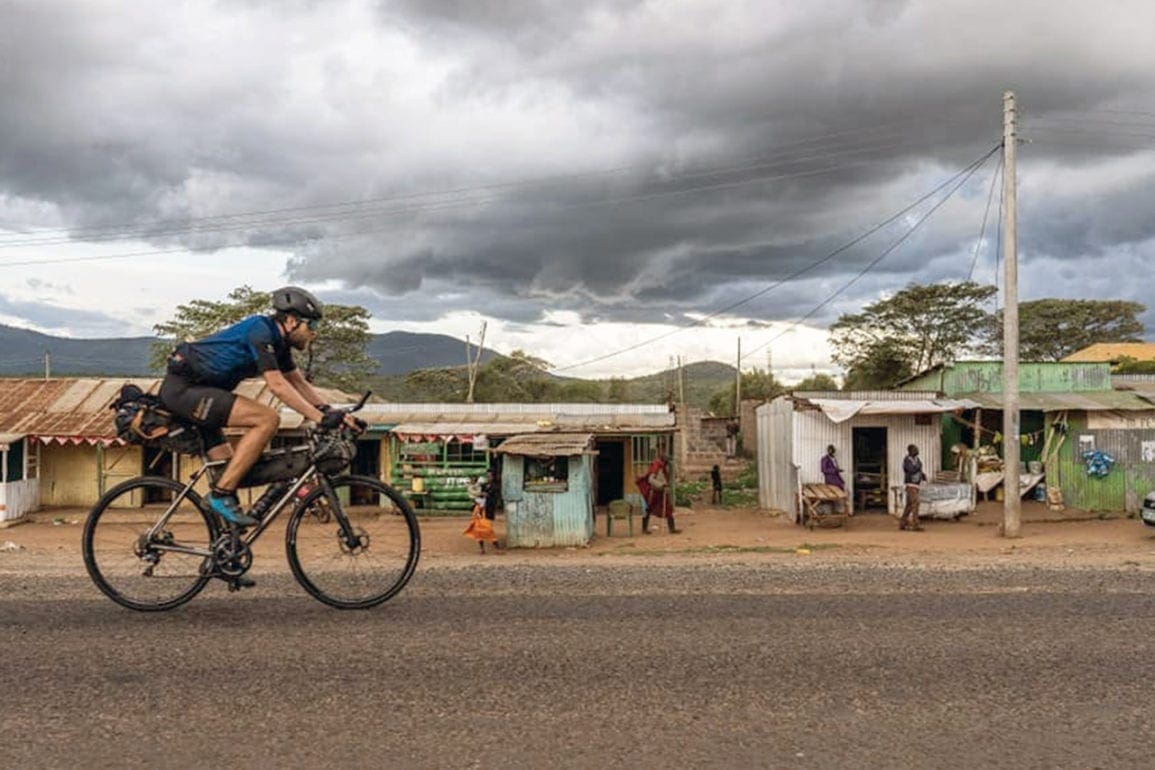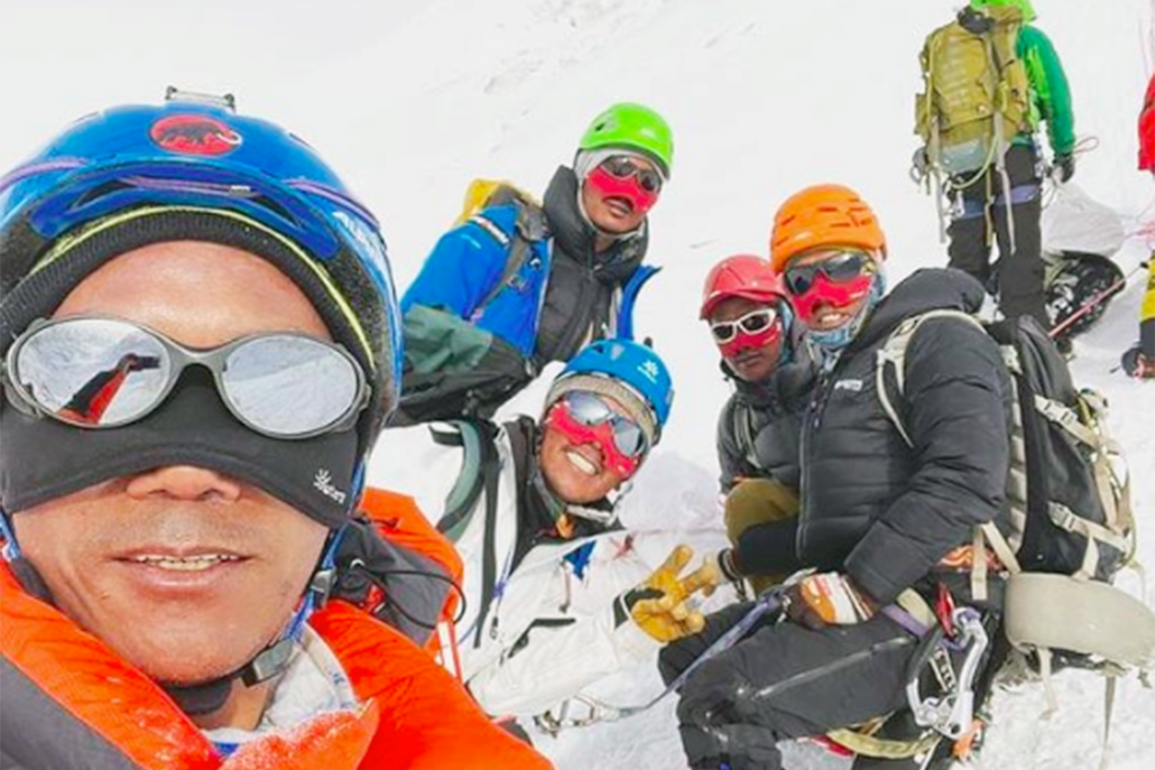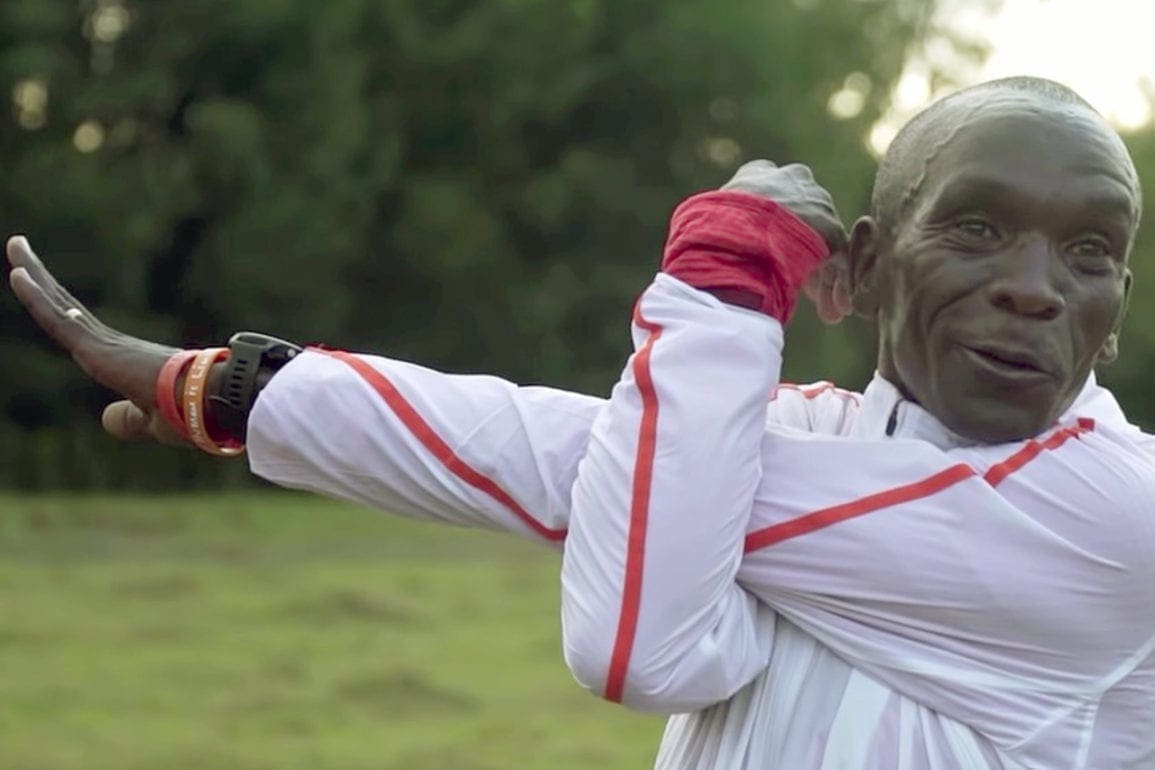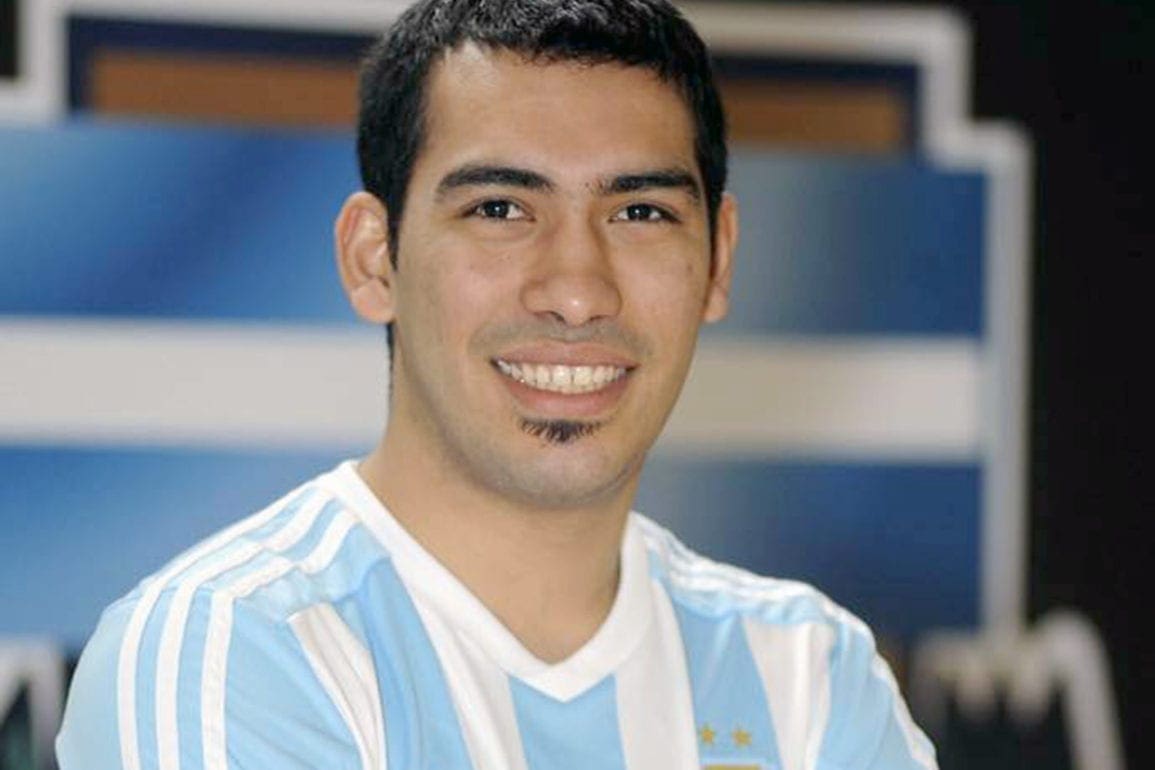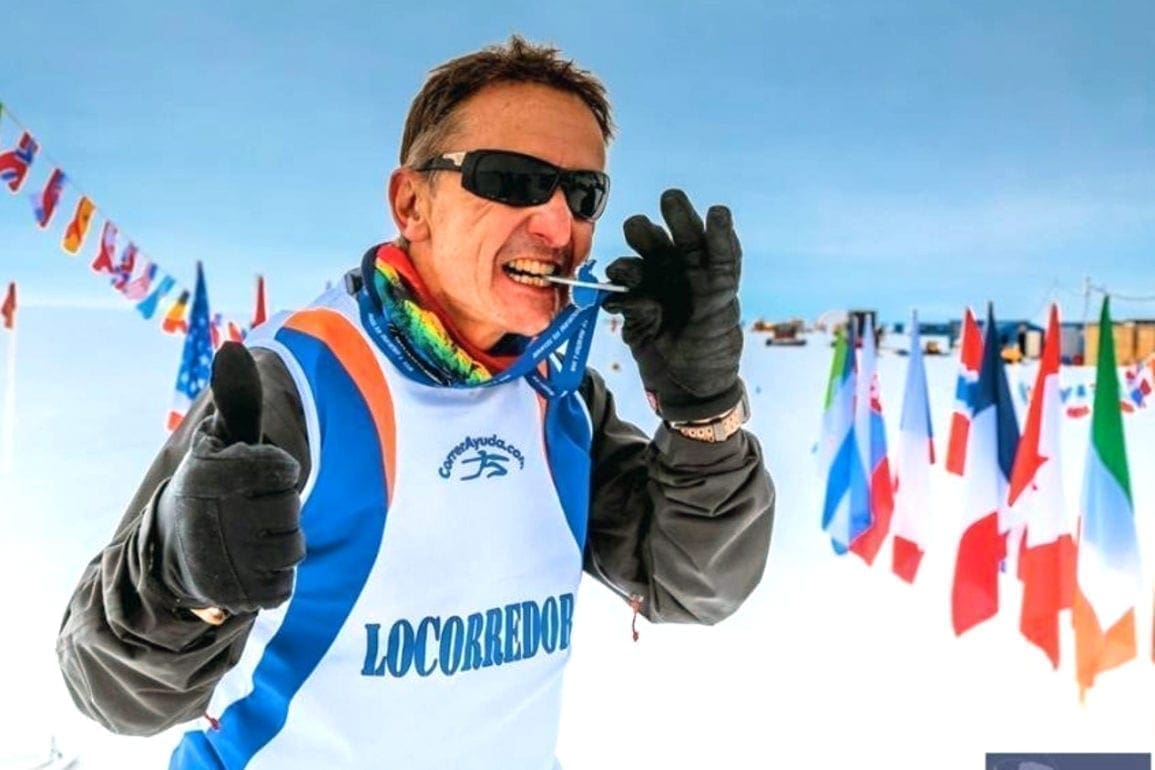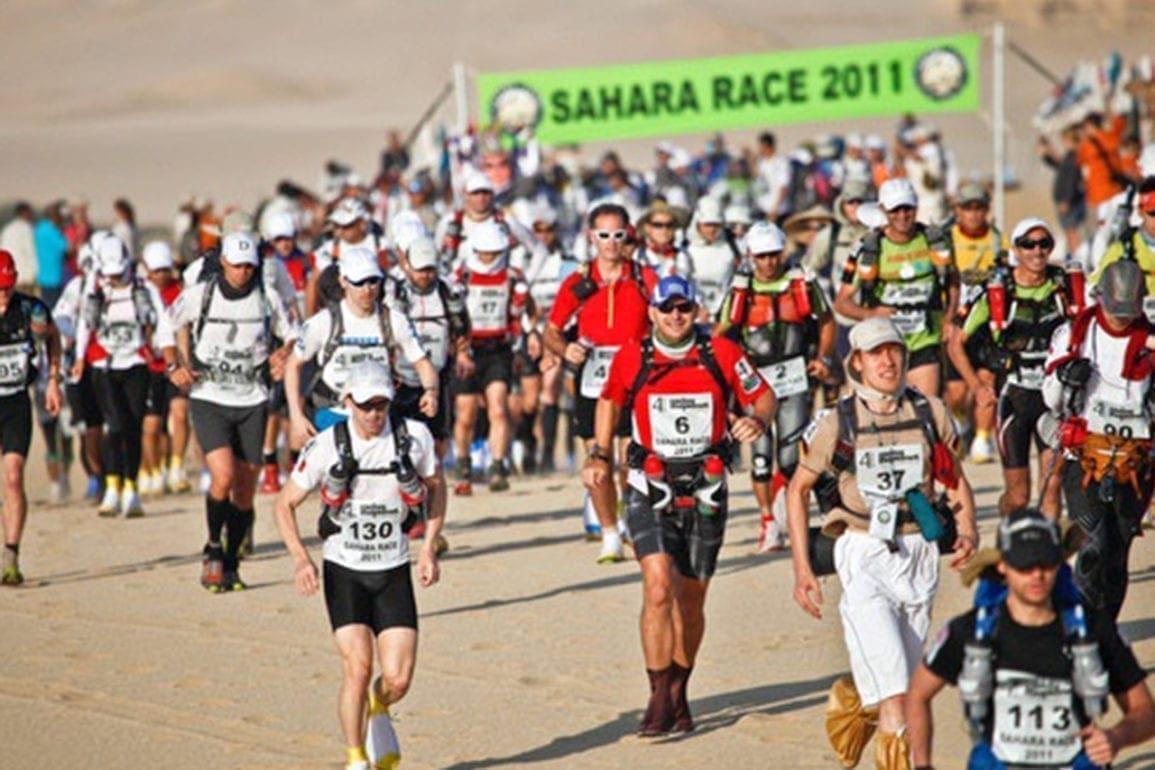I became a surfing champion after surviving childhood cancer and losing my leg
After months of chemo, morphine, and laying in a bed on the verge of death, surfing feels like flying. When something happens to you that completely tears apart your life, you have to keep fighting. It is the only option.
- 1 year ago
March 16, 2023
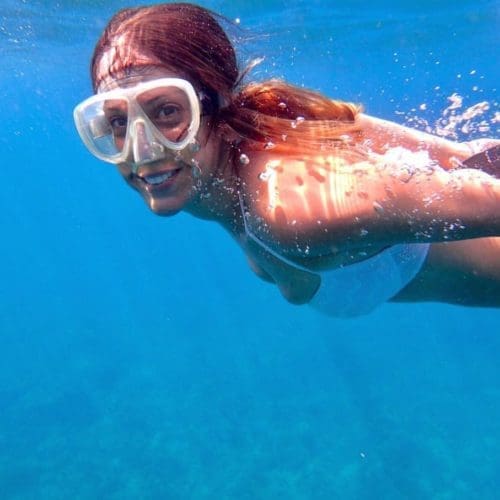
VALENCIA, Spain — As a little kid, I loved to swim. The ocean gave me a sense of freedom. Then, at seven years old, the doctors diagnosed me with Ewing sarcoma, a form of childhood cancer. I had a tumor on my left femur, and I needed an amputation.
A few days before surgery, I entered the pool. I knew it could very well could be my last time swimming with both of my legs. On June 24, 1994, after months of chemotherapy and constant suffering, I underwent a complex surgery to keep me alive. Although I knew my life would drastically change, I never gave up on my dreams. Today, I am a champion in Adapted Surfing in Spain and a Para Surfing World Runner-up.
Read more stories from Spain at Orato World Media
Child cancer survivor faces complex surgery, coma, and road to recovery
I grew up near the ocean, spending summers in the water. It felt like my safe space, my own little bubble. I loved feeling of the sun on my back and burying my toes in the sand. In the summer of 1994, at six years old, I told my mother I felt sharp pain in my left leg. It seemed more pronounced near my knee. The pain never went away. As the days passed by, the discomfort grew worse and we went to the hospital.
The doctors performed a biopsy, which felt very invasive. The results gave us no answers. A few days later, the pain escalated into a fever. We returned to the emergency room and asked for a second biopsy. They discovered a tumor in my leg and delivered the devastating news: I needed an amputation immediately.
My parents became desperate and anxious to get a second opinion. We visited several doctors, who all confirmed my diagnosis of Ewing sarcoma in my left femur. My parents took it hard, but they ensured I got any treatment I needed. One of the surgeons recommended a Van Ness rotationplasty, a complex surgery involving partial amputation of the leg to remove the affected part. They amputate the leg, discard the femur, and implant the knee, tibia, and fibula above the hip, backwards. The knee then acts as the hip, and the backward foot acts as the knee.
After the difficult operation, the hospital kept me in intensive care for a long time. Time felt frozen there. Doctors seemed unsure whether I would pull through. I fell into a coma after surgery and found myself on the verge of death. My parents’ hearts broke, and they began preparing to say goodbye. Then, all of a sudden, I woke up. I survived the surgery and began the healing process.
The only child at the recovery center, I felt frustrated, so they moved me to the beach.
I spent the next three months in bed and eventually started rehab. Relearning how to move that limb felt like hell. I suffered crises and panic attacks, unable to contain what happened to me. On top of these difficulties, the treatment center where I stayed served adults. As the only kid there, it felt isolating and scary, but we had no alternative. My parents eventually came up with a plan to have my rehabilitation relocated to the beach.
This decision motivated me to heal quicker in a safer environment. I still cried and got angry often, but I built up the strength and mobility to walk again. Simply moving my leg proved the hardest part of recovery. In my surgery, since the doctors implant a part of the leg backwards, I had to unlearn what I always knew. When they told me to move it forward, I moved it back every time. I had to find a new way to think. Despite this, I felt grateful for what I had left of my leg.
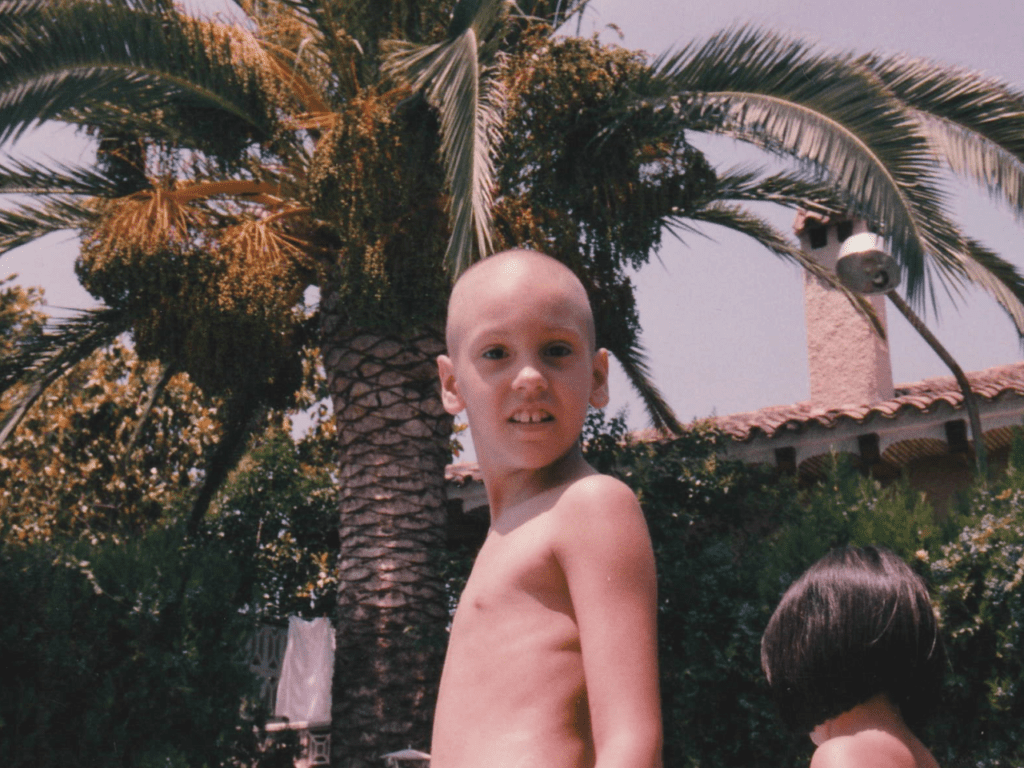
Before all of this happened to me, I shied away from the public eye. I hated attention of any kind, often hiding behind my mother. Once I began rehabilitation, whenever I wore shorts, my parents asked if I felt sure of my choice. They knew people might stare at my leg. I told them I did not care.
I felt more comfortable in shorts, and they could stare all they wanted. At that point, my recovery became the most important thing to me. I started out in a wheelchair, then moved to crutches, and finally into a fixed prosthesis that eventually upgraded to an articulated version made for walking.
After beating cancer, my surfing training became priority one
One day, I watched the documentary Resurface. [The Netflix film follows a suicidal war veteran who finds like-minded souls in a surf therapy program that helps traumatized soldiers heal while riding the waves.] The activity intrigued me, and I decided to try it out. I immediately fell in love with surfing.
I started to train as often as possible so I could eventually compete. Each competition lasts around 20 minutes. When I stand on that board, I try to disconnect so nothing else enters my bubble. I focus on the sound of the waves crashing. Nothing else matters at that moment. I feel at home in the ocean. When I get on the board without a prosthesis, it requires a constant squatting posture and very intense balance management. Every day, I train to strengthen my muscles and improve my skills.
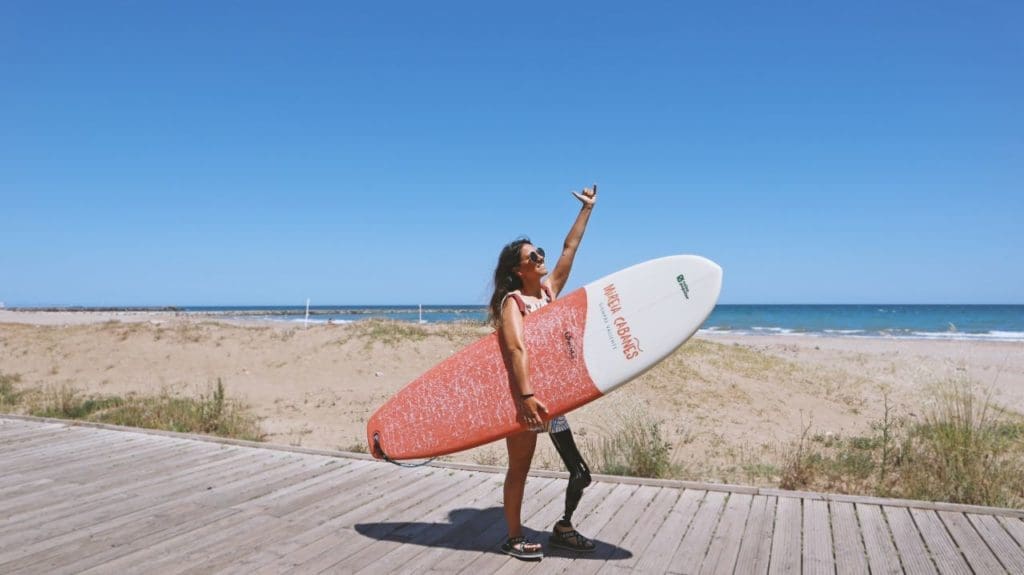
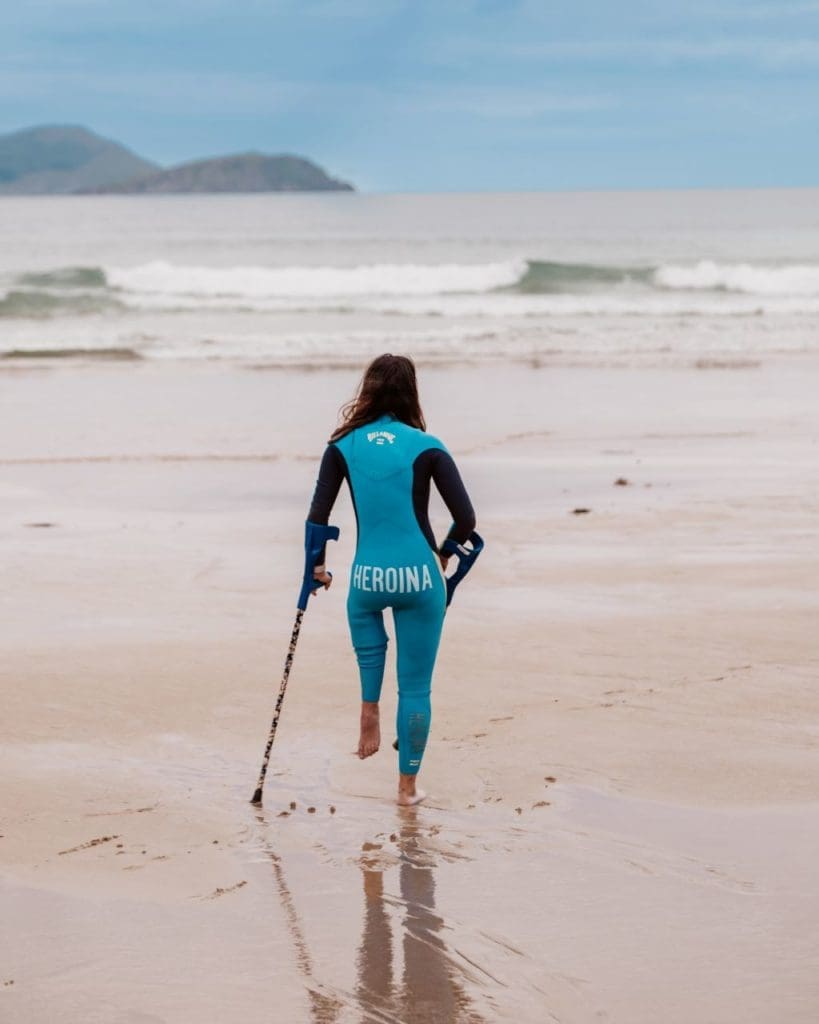


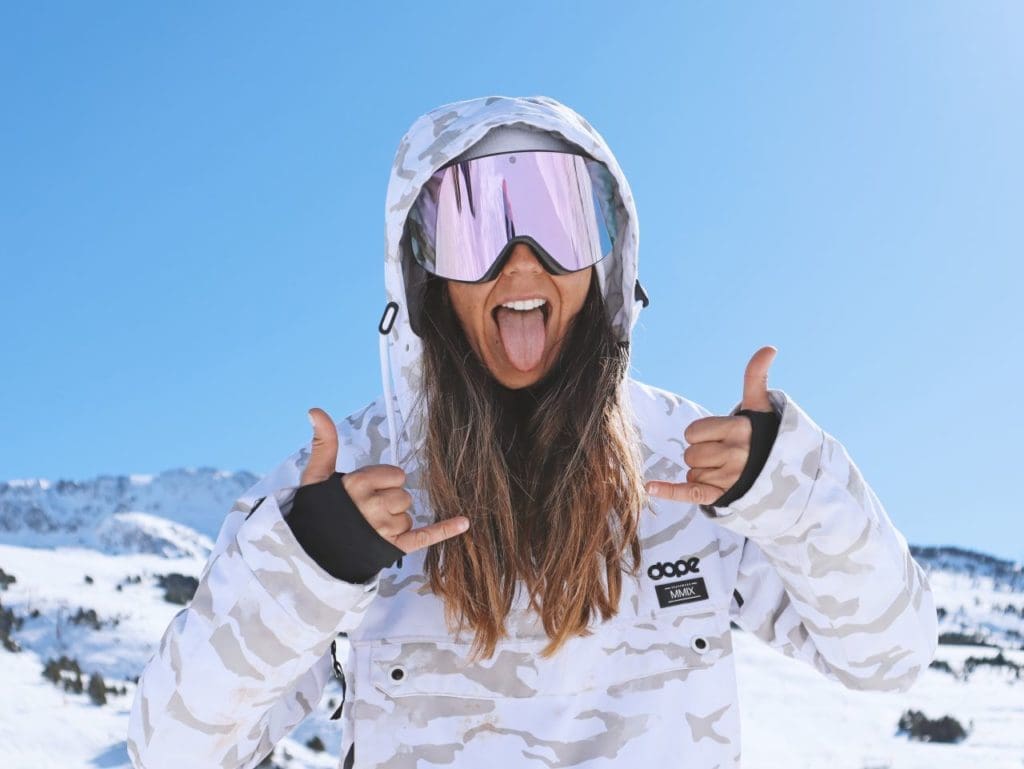
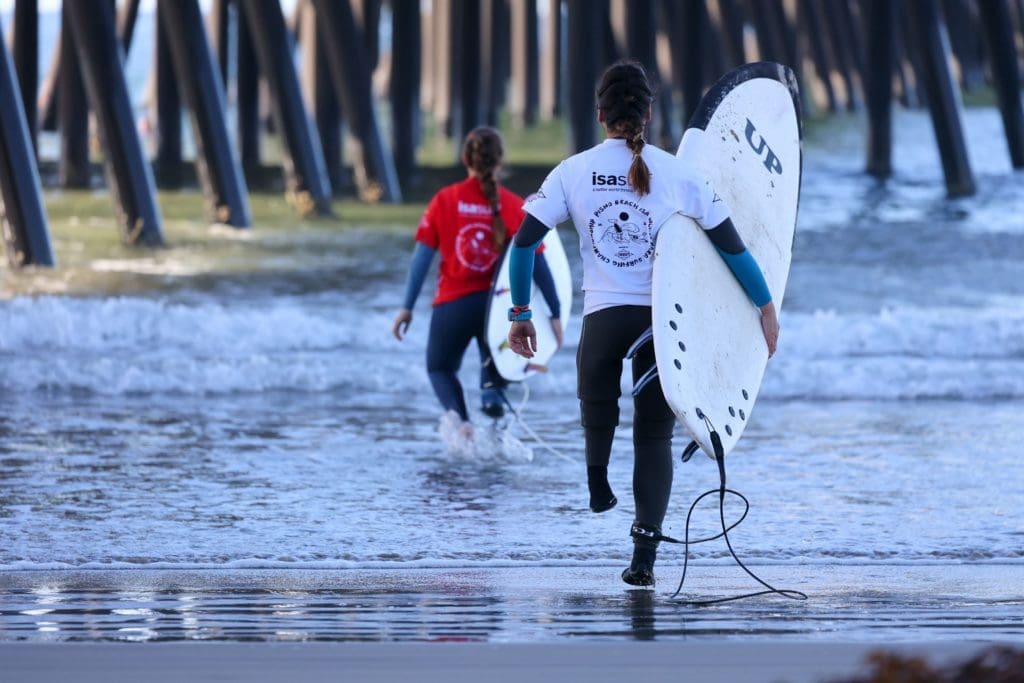
One summer, I competed in the 2021 National Surfing Championship and came in second. I also took the runner-up spot in the ParaSurf World Championship, but in the OA2 FuSSSion by Plea for surf, skate, and snow competition, I earned the top spot. I never anticipated I would win in the first contest, let alone all the others. That day, the weather turned bad. The sky looked cloudy and gray, and the waves pounded. I tried to give it my best shot, but I came out thinking I would finish third or fourth.
As I made my way back to shore, I heard people yelling at me. The TVE camera guy came running. “What’s going on,” I asked him, and he told me I won. My heart started beating so fast, I thought it might explode. The wind ruffled my hair, whistled in my ears, and hit my face, and I knew right then, I was in the right place.
Surfing became my purpose and kept me going
During my entire childhood, I had the support of my friends and family to get me through the bad parts. I chose not to focus on the negativity and the opinions of other people. I played on the basketball team and stayed active in school events. They always found a way to reinvent an activity so everyone could participate.
I know some people look shocked or impressed when they see me without my prosthetic leg, but I grew up and became used to it. I never felt bad about my situation or myself. From the first moment I recovered, I understood I needed to adapt to my circumstances. I did not want to spend my life sad, frustrated, and envious.
I always think people see you the way you see yourself. If you view yourself as a strong person, accepting of your flaws, most people will view you the same way. I made sure everything I participated in gave me more confidence. I took on as many challenges as I could. That is how I found my passion for surfing.
After months of chemo, morphine, and laying in a bed on the verge of death, surfing feels like flying. When something happens to you that completely tears apart your life, you have to keep fighting. It is the only option. You find what motivates you again and you hold on to it. When I surf, I forget everything. I am free.
